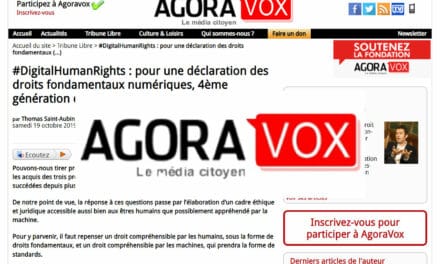Accueil I #Actualités I iDFRIGHTS PAPER POSITION on DSA compromises in IMCO
FOLLOWING THE DRAFTING OF THE LAST COMPROMISES drafted by the rapporteur Christel SCHALDEMOSE
(Background: the last meeting to validate the compromise package will take place on Monday 6 December for a vote in the IMCO Committee on 13 December)
RECITAL 9 AND ARTICLE 1a.4 – CA 1
WE ASK FOR THE WITHDRAWAL of the addition to Recital 9 and Art 1a.4 as it opens the door for a new Commission Guidelines to interpret the interaction between DSA and other sector-specific laws, which would include notably Art 17 of the Copyright Directive.
This addition needs to be deleted, as it goes against the political agreement on DSA that it should not impact sector specific rules and it should apply without prejudice to the copyright directive.
AS A CONSEQUENCE, WE ASK FOR THE REMOVAL OF THE BELOW WORDING ADDED TO RECITAL 9 AND ART. 1a.4 OF THE COMPROMISE AMENDMENT 1 (CA 1):
Art 1a.4: “The Commission shall by [12 months after the entry into force of this Regulation] publish guidelines with regards to the relationship between this Regulation and the legislative acts referred to in Article 1a (3).”
Rec. 9: “To assist Member States and service providers, the Commission should provide guidelines as to how to interpret the interaction and complementary nature between different Union acts and this Regulation and how to prevent any duplication of requirements on providers or potential conflicts in the interpretation of similar requirements. In particular, the guidelines should clarify any potential conflicts between the conditions and obligations laid down in legislative acts, referred to in this Regulation, explaining which act should prevail.”
SEARCH ENGINES – RECITAL 27a – CA 2 B
The first part of this recital is acceptable, but the second part cannot be maintained because search engines are not “caching” services (cf. European Commission’s Impact Assessment and existing case law) and this would create a new safe harbour for search engines.
WE RECOMMEND THE DELETION OF THIS SECOND SENTENCE FROM COMPROMISE 2
(27a) A single webpage or website may include elements that qualify differently between ‘mere conduit’, ‘caching’ or hosting services and the rules for exemptions from liability should apply to each accordingly. For example, a search engine may act solely as a ‘caching’ service as to information included in the results of an inquiry. Elements displayed alongside those results, such as online advertisements, would however still qualify as a hosting service.
KYBC (Amendment 90 and others) – CA3
The Compromise amendment on Article 22 on Traceability of Traders (on marketplaces and KYBC) will be complicated to implement, especially as it is limited to online platforms allowing consumers to conclude distance contracts with traders.
THIS IS WHY WE ASK that the important and positive Amendment 90 on Article 13b tabled by Ms Schaldemose AND Amendment 106 of the CULT Committee be voted separately as they are not covered by compromise 3, the provisions contained in these very useful and vital amendments for the efficiency of the text falling if this compromise is adopted.
This would be very damaging for the traceability of business users. A broader scope is necessarily necessary to address the problem of illegal operators who operate commercially and hide behind false identities
COMPROMISE AMENDMENT 4
Article 14 has evolved from previous proposals but still leaves far too much power to platforms.
It is a real problem as currently drafted because it creates confusion by linking Article 5 on liability and Article 14 on due diligence. These two articles must be treated independently.
WE DEMAND that Article 14 focus on « due diligence » if the DSA is to retain its original purpose of strengthening the rules on illegal content.
Article 14(3)a as currently drafted provides that content which has been notified remains accessible while the assessment of its legality is ongoing without prejudice to providers who have not removed access to the content. Insofar as the notification must remain accessible while its legality is being assessed, this de facto implies the legal superiority of the general terms of use.
THE IdfRIghts RECOMMENDS THE FOLLOWING DRAFTING:
3a – Information that has been the subject of a notice AND THAT IS NOT ILLEGAL shall remain accessible while the assessment of its legality is still pending, without prejudice to the right of providers of hosting services to apply their terms and conditions. Providers of hosting services shall not be held liable for failure to remove notified information, while the assessment of legality is still pending.
Article 16 as a whole is problematic. The waiver system put in place is catastrophic because it will make the process much more complex, weaken legal certainty for all and encourage the emergence of online lawlessness.
It should also be noted that, worryingly, the issue of trusted flaggers has completely disappeared from these compromises.
Jean-Marie Cavada, Président iDFrights
Colette Bouckaert, Secrétaire Générale iDFrights
#Dans les médias, #Actualités





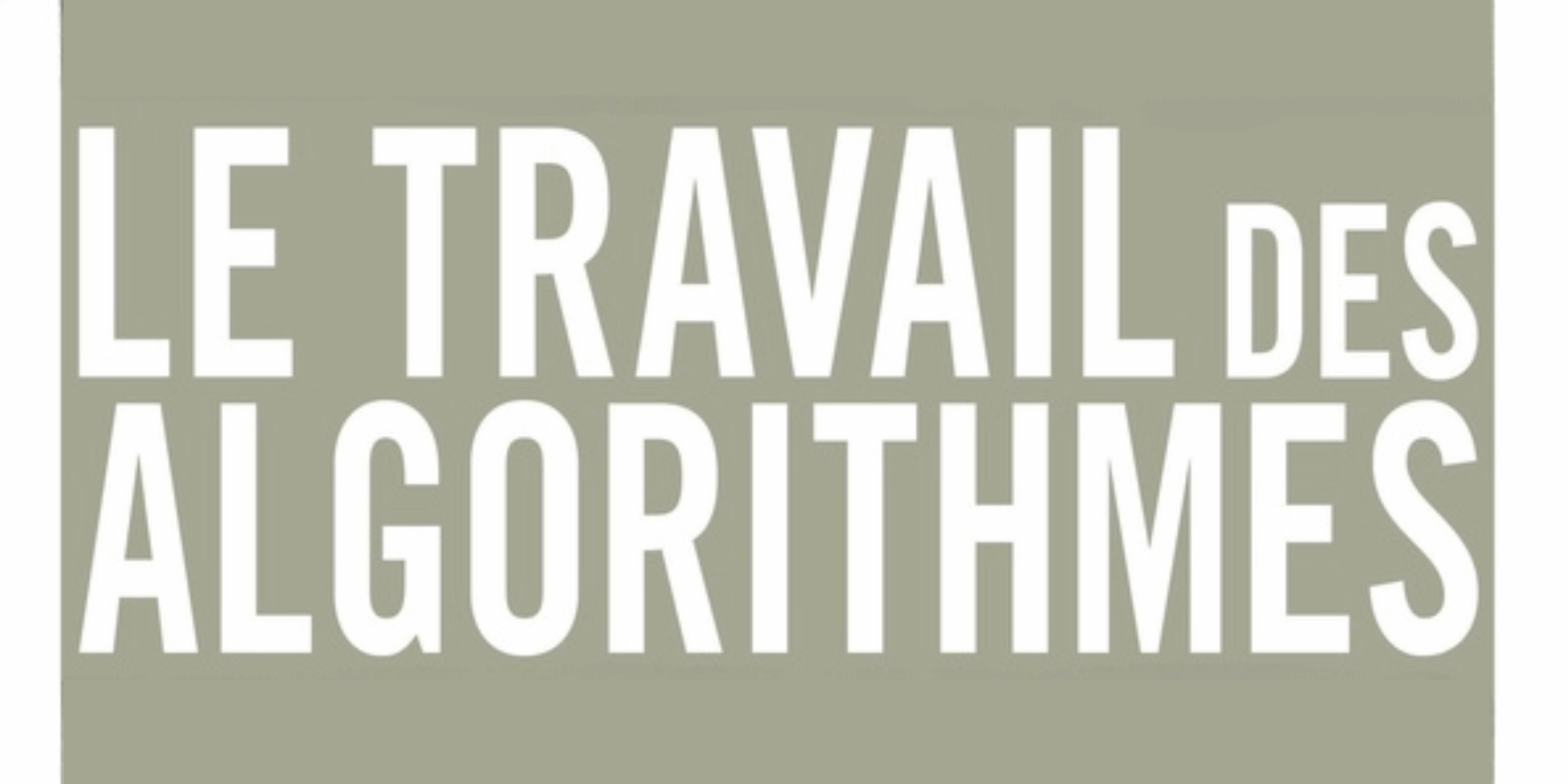
Dossier « Le travail des algorithmes » dans Socio

Éditorial de Michel Wieviorka dans Socio



Conference : How do we stack up ? | 02 june 2025
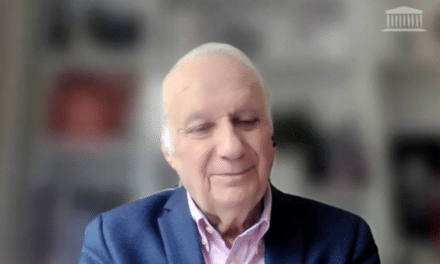


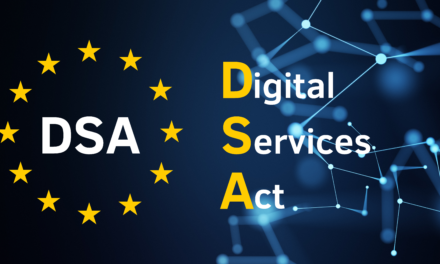



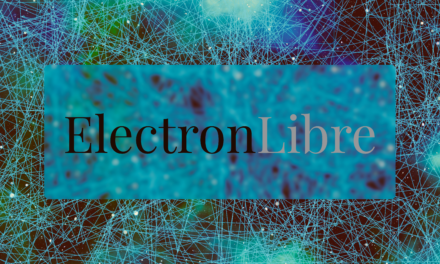



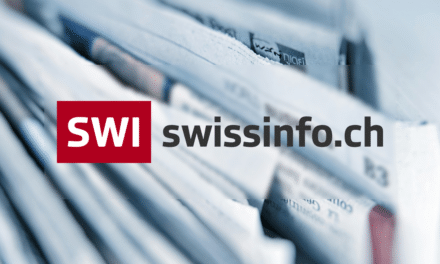



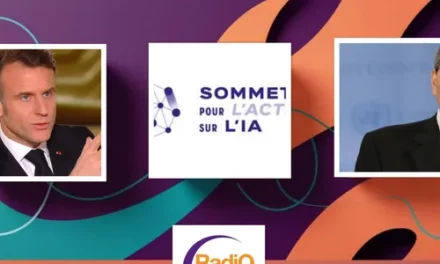



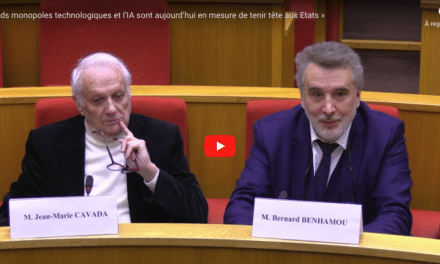
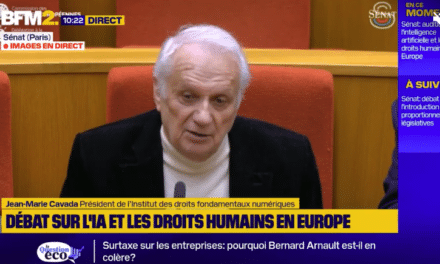

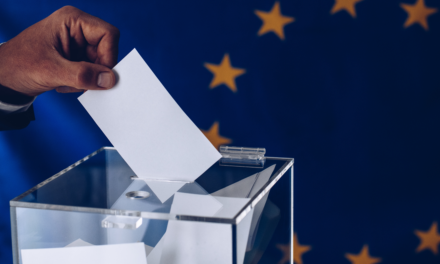


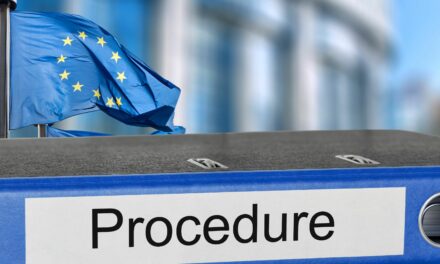

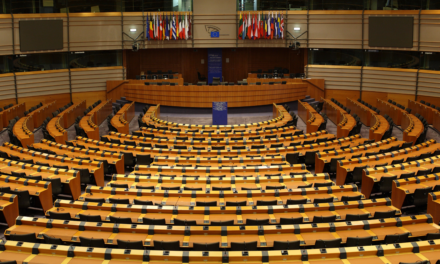



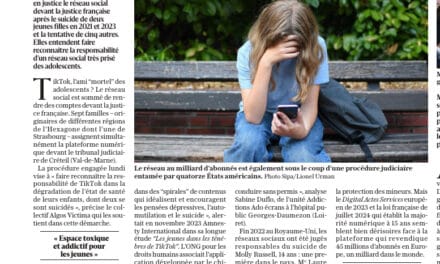




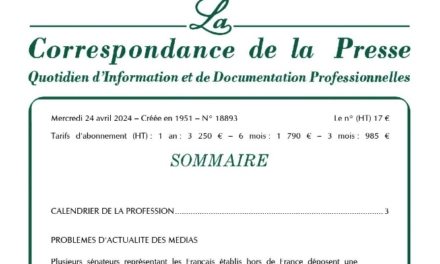
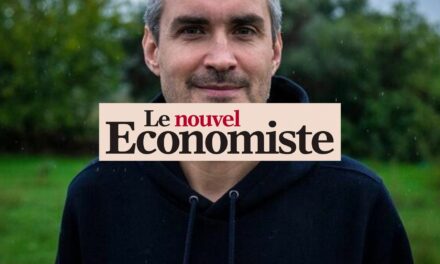




![[DSA, AI Act] Régulation, et si l’Europe avait raison ? Podcast les Eclaireurs du Numérique avec Jean-Marie Cavada](https://idfrights.org/wp-content/uploads/2023/12/8c234391-01e8-40d4-9608-4ea6c80d4f11-440x264.jpg)


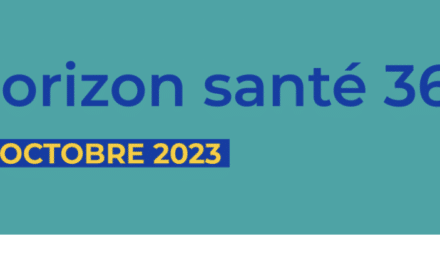
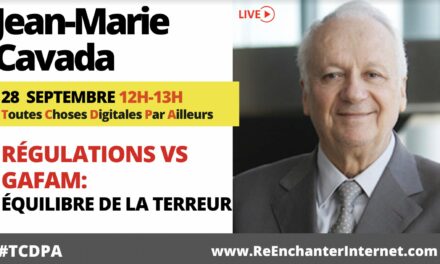


Interview de Jean-Marie Cavada pour R2PI Podcast

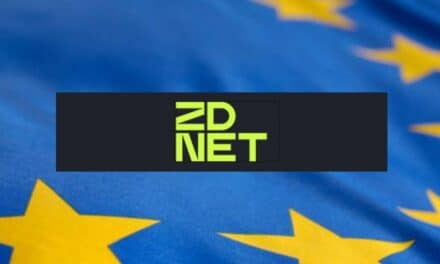



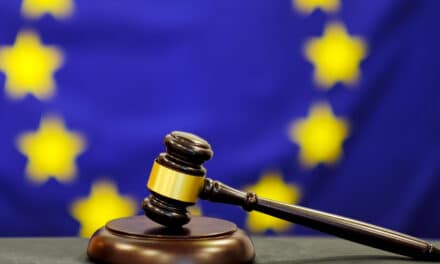



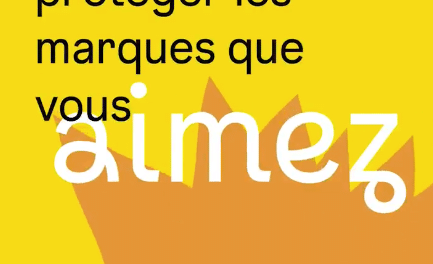
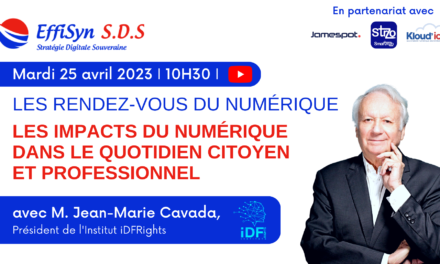


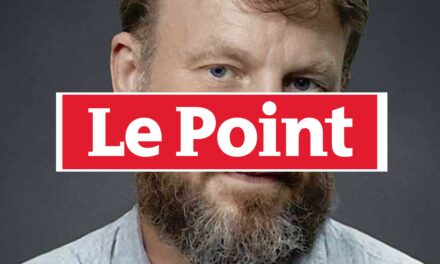







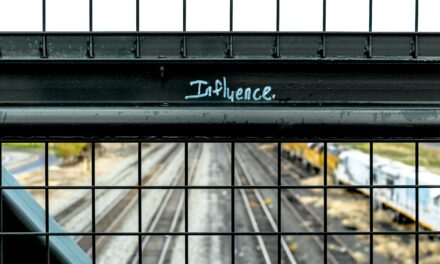





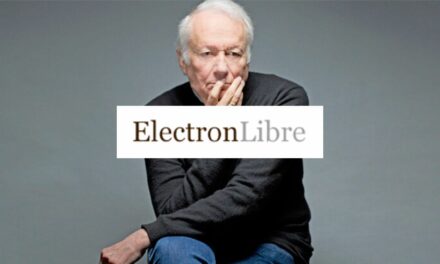


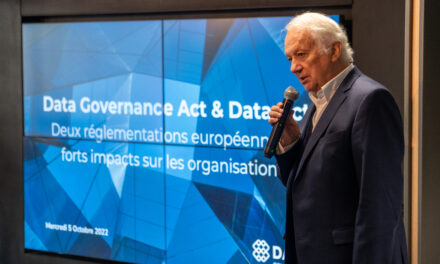




Concurrence : Google au pied du mur






Les news qui ont fait l’actu 4 avril au 10 avril
Les news qui ont fait l’actu 21/02 – 26-02

Les news qui ont fait l’actu 25


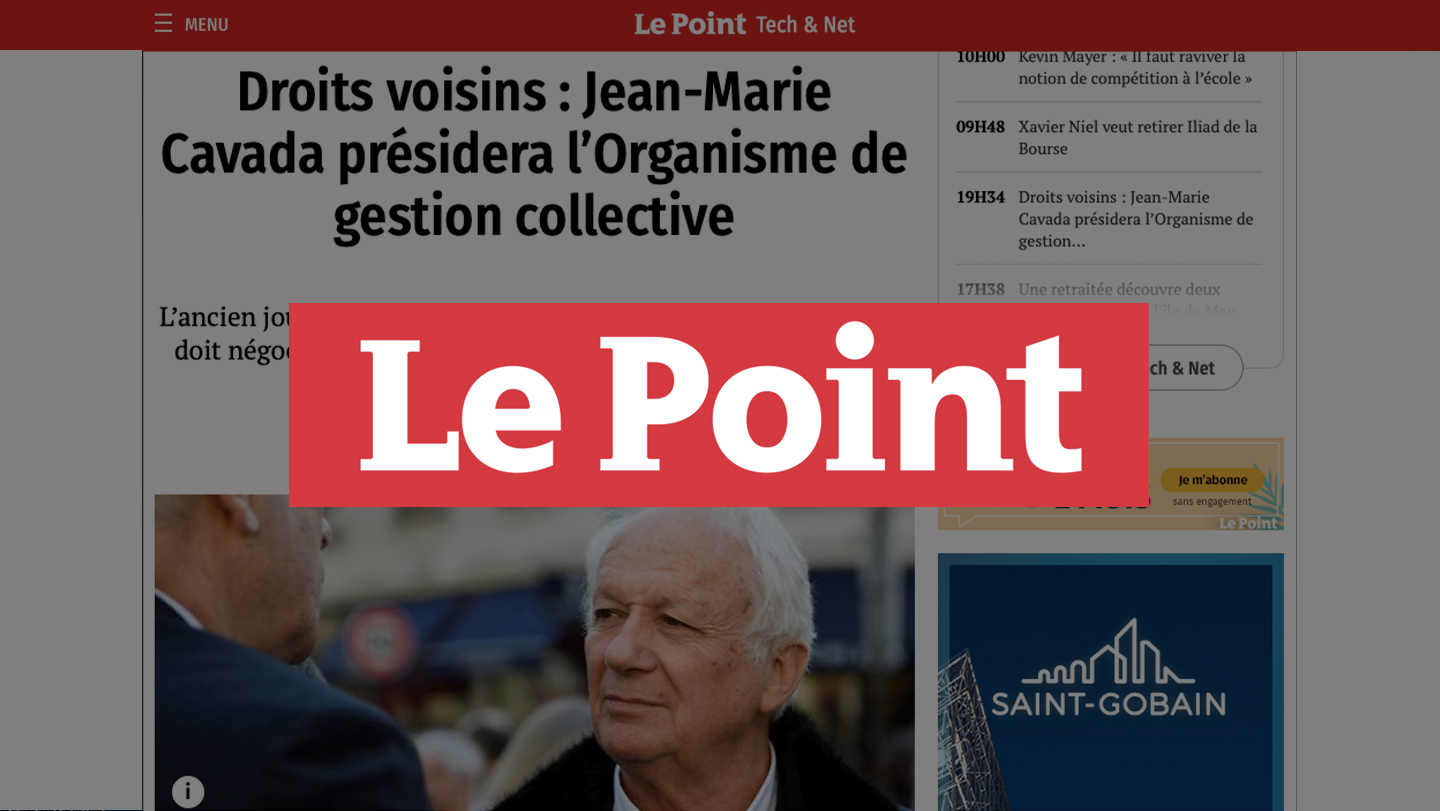
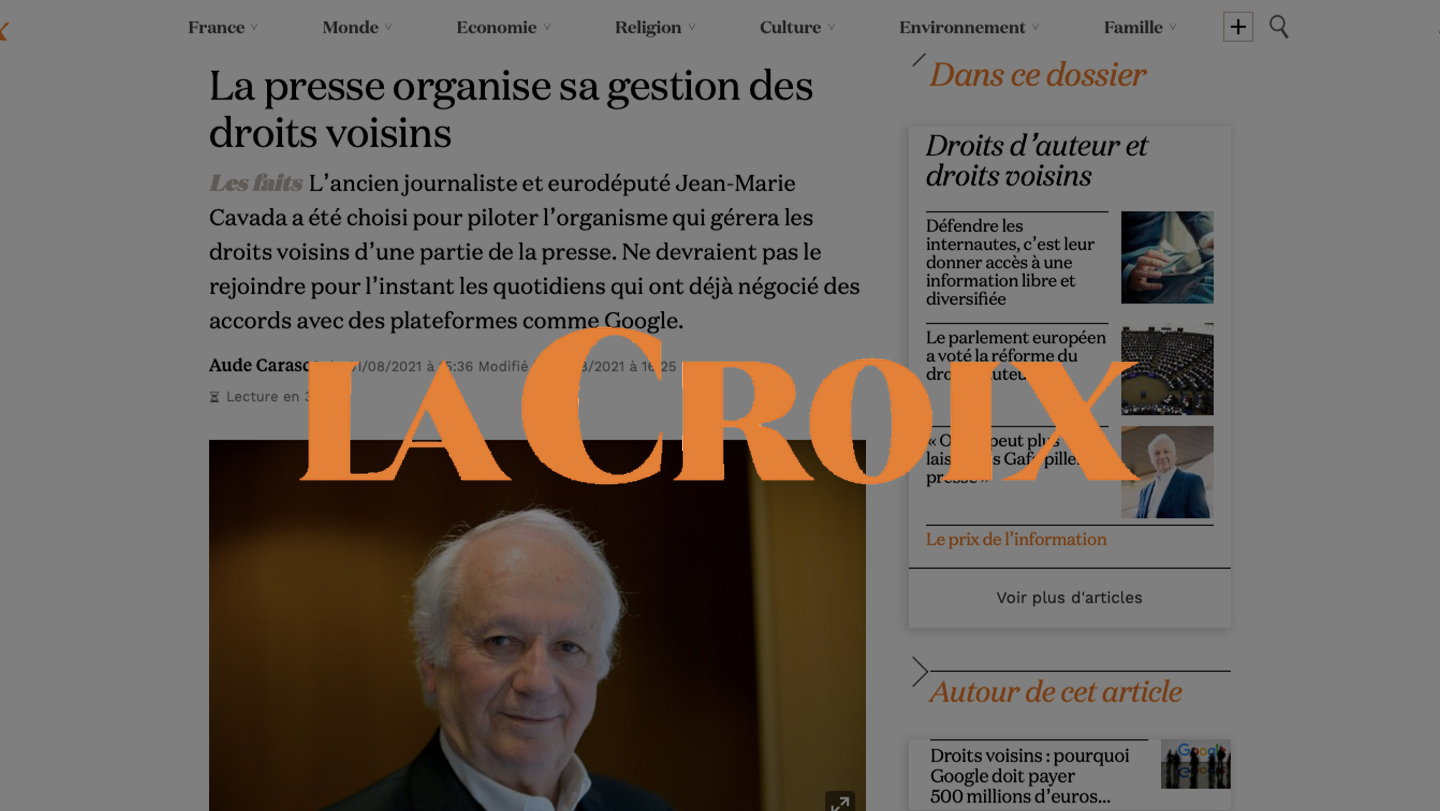


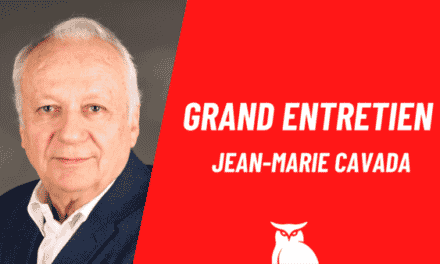


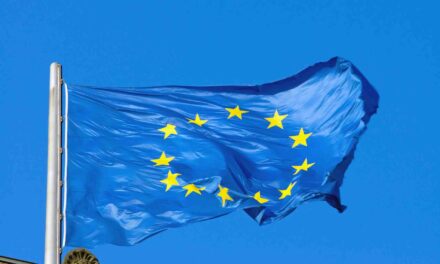




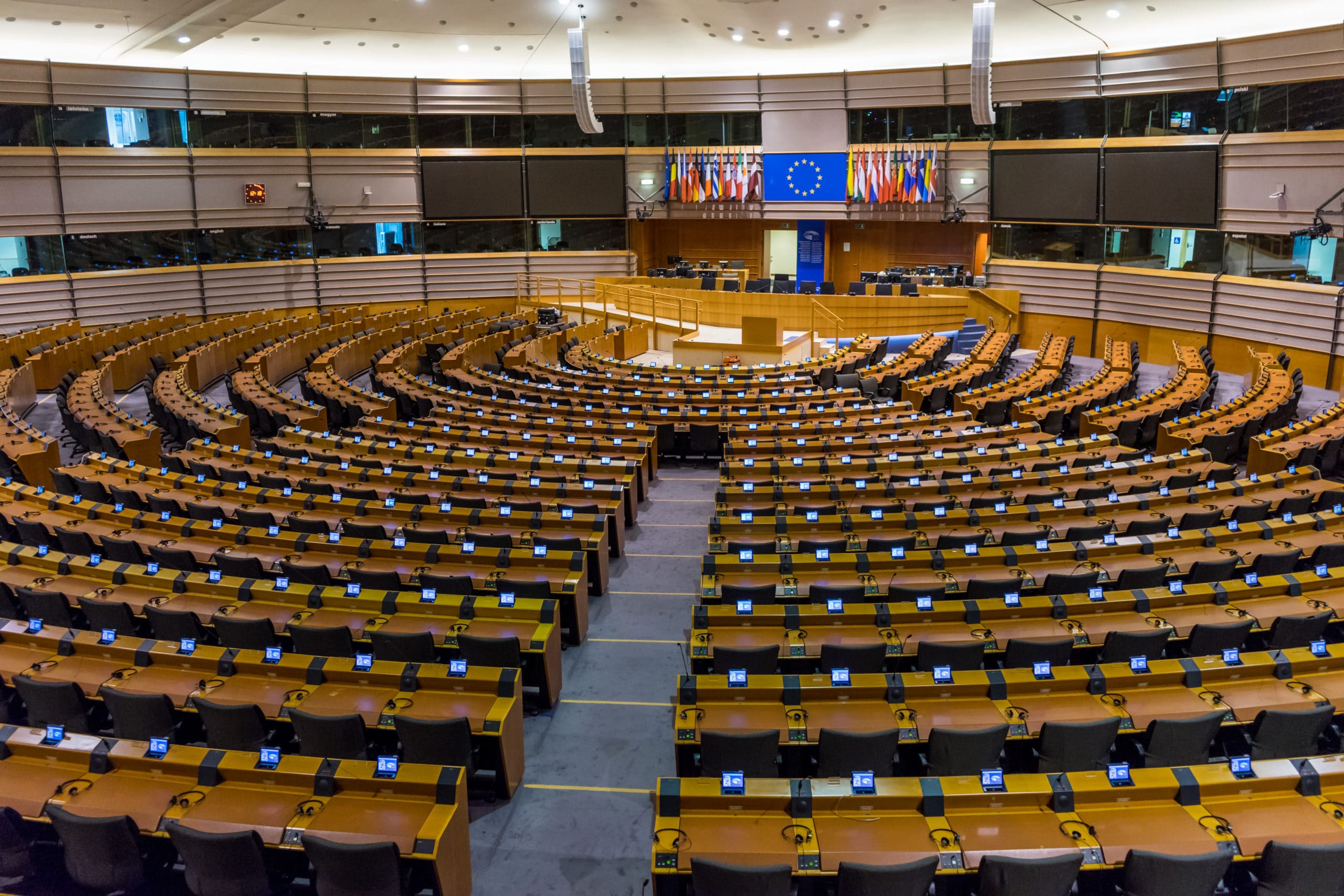
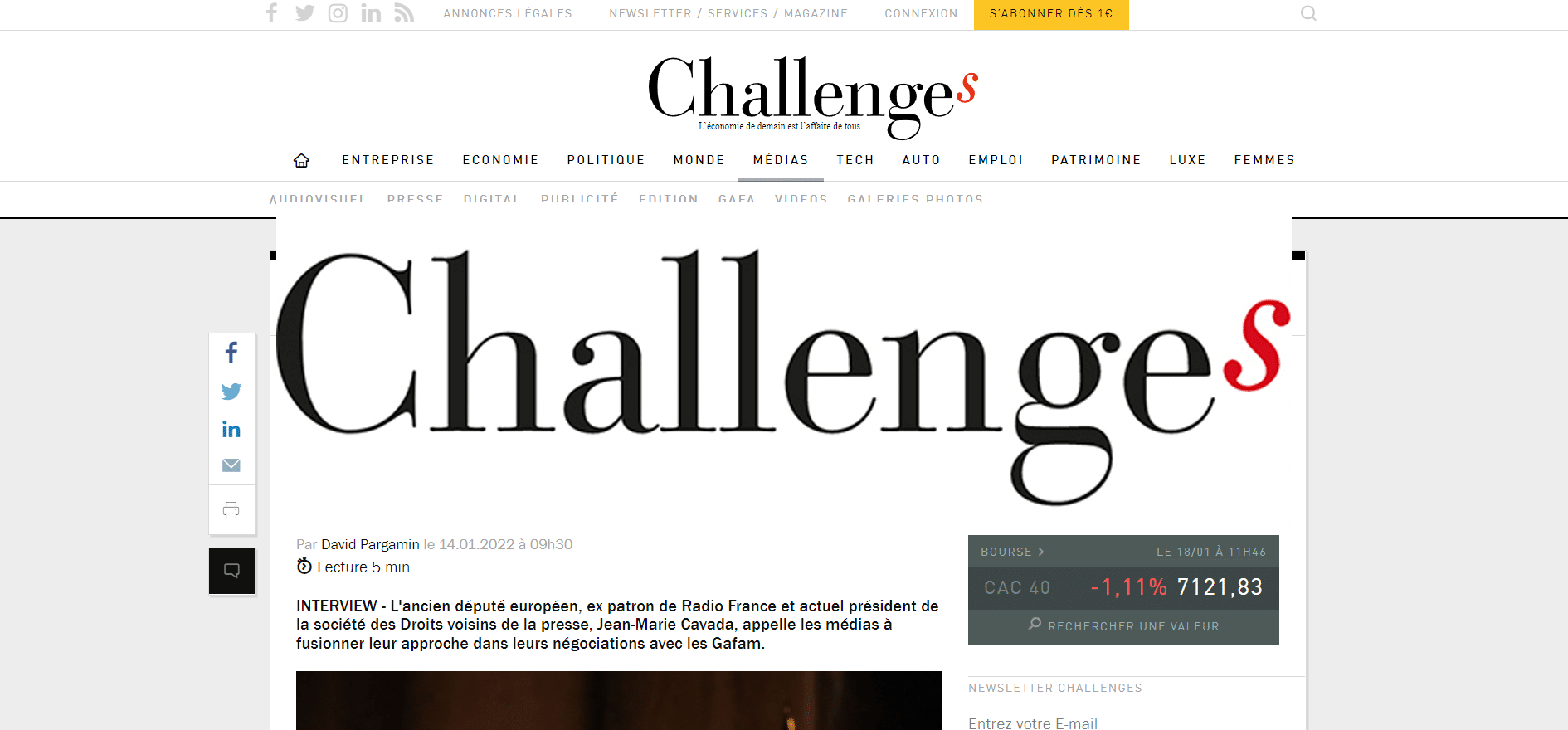


L’EUROPE, LE BUFFLE, L’OURS ET LE PANDA




Emission Hebdo Com, BFM Business





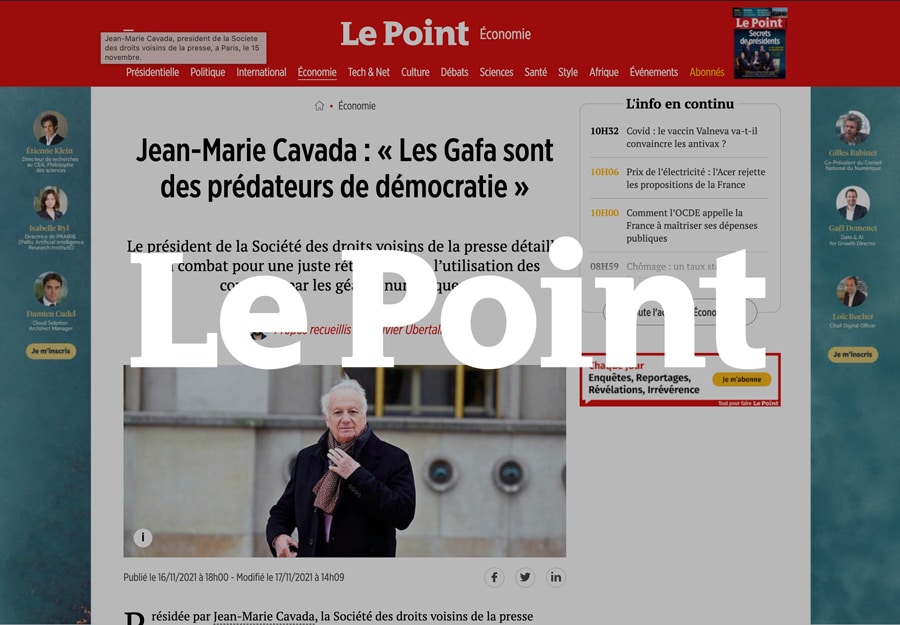

Les rencontres d’Eguilles


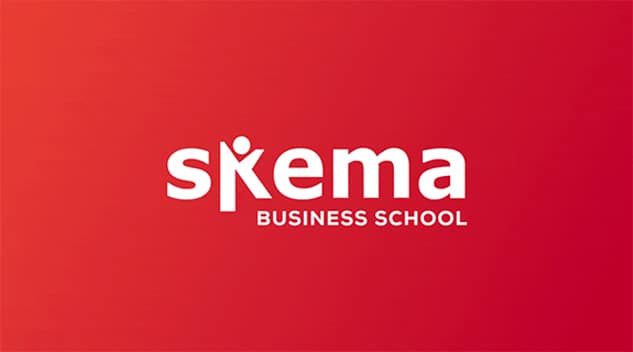



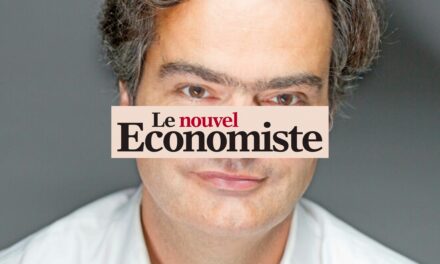



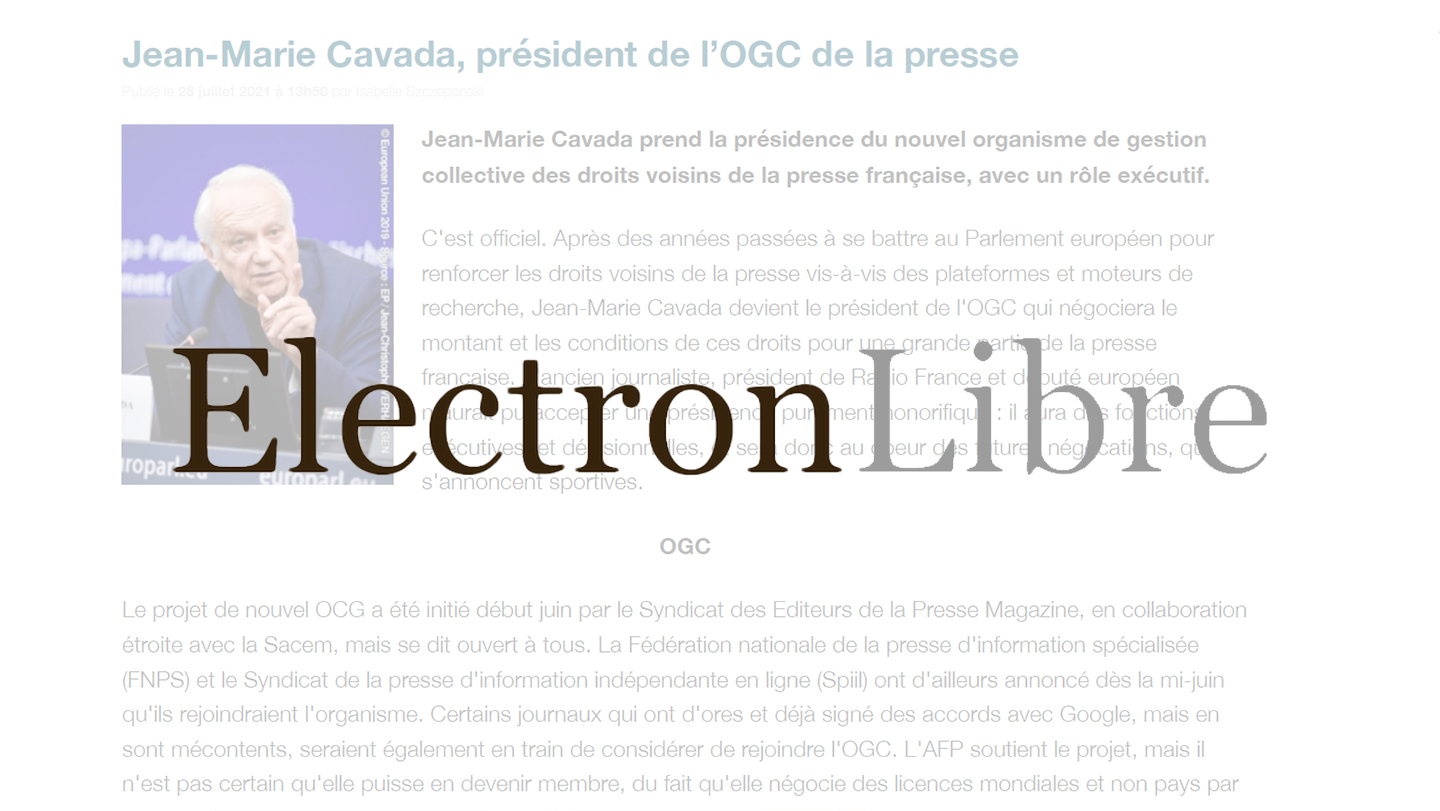

Google, entreprise malfaisante – Le Point


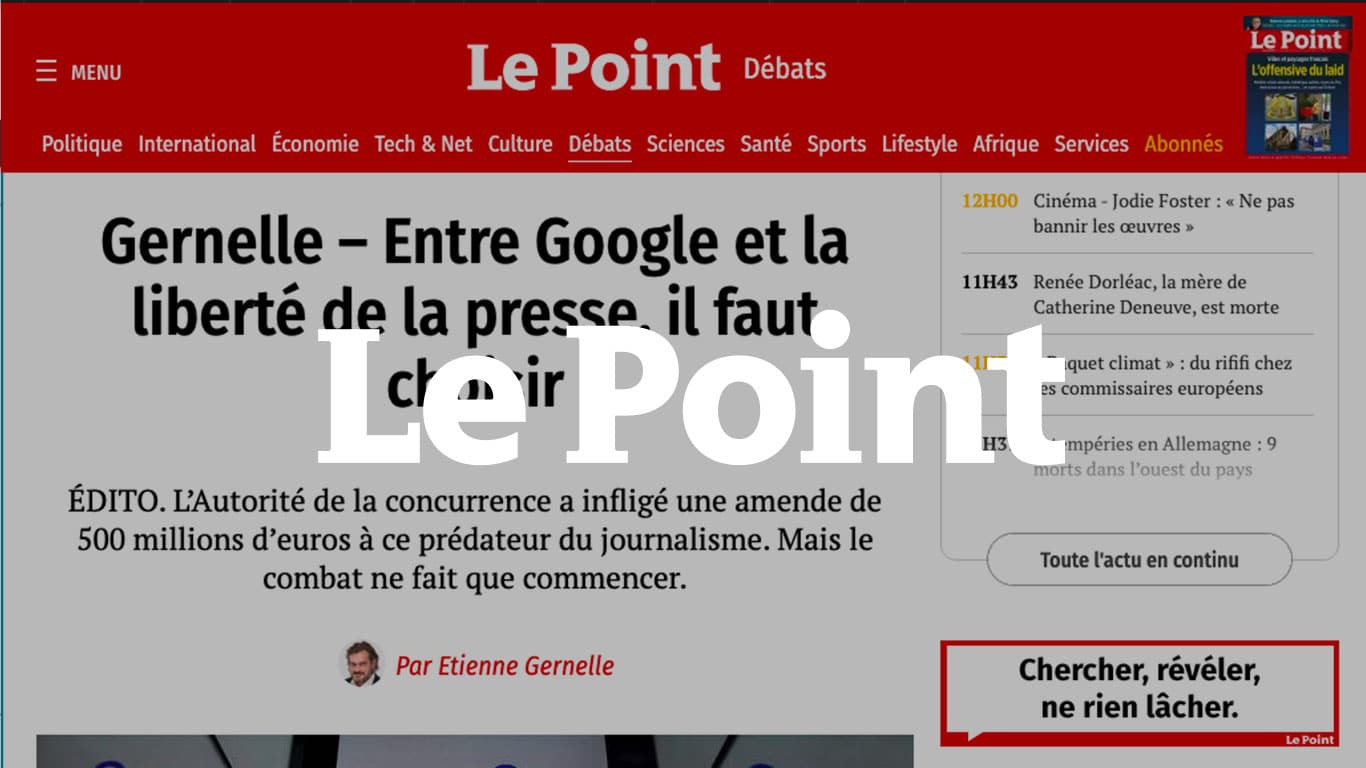
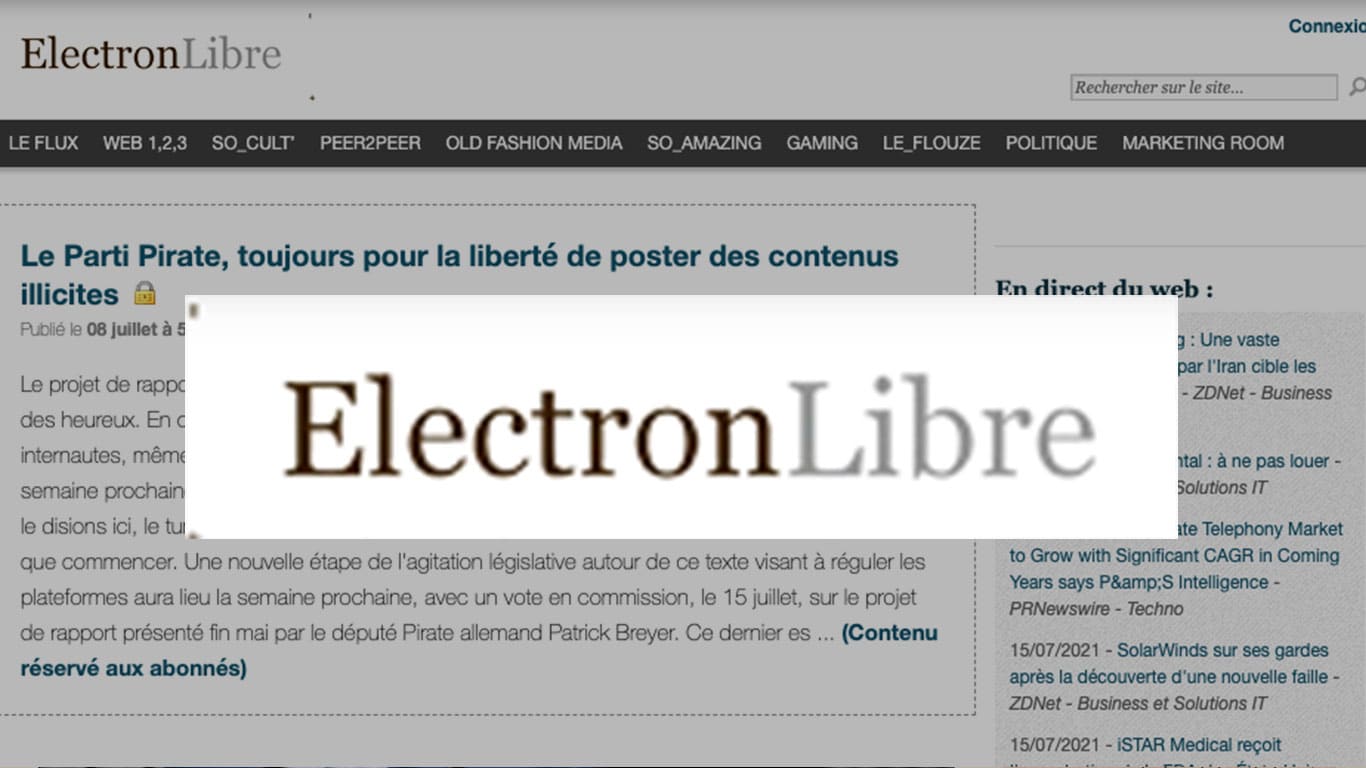





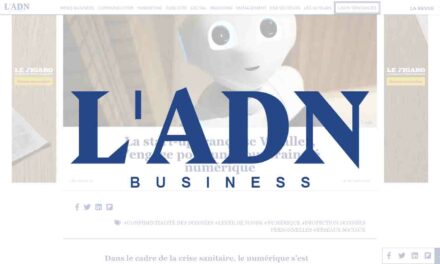






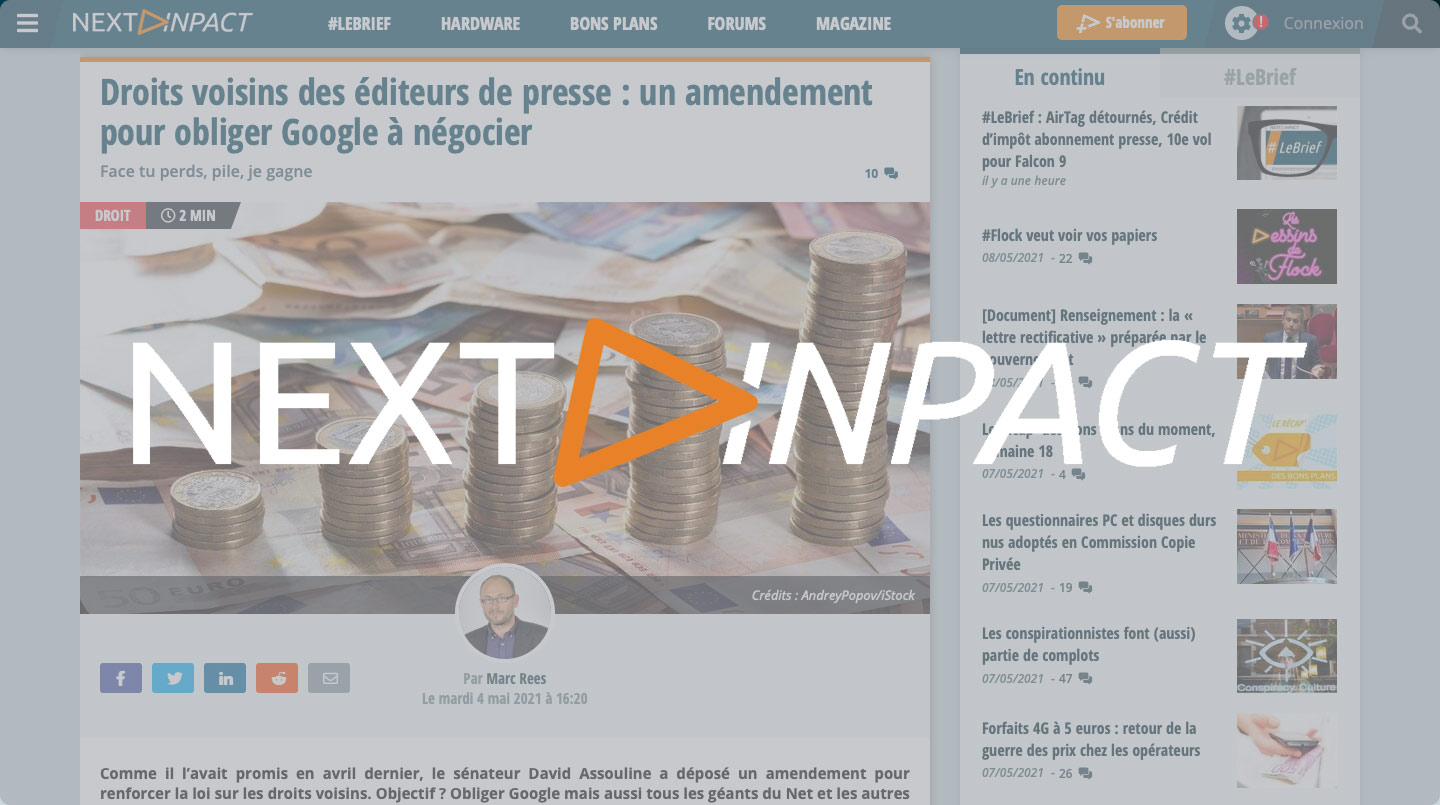
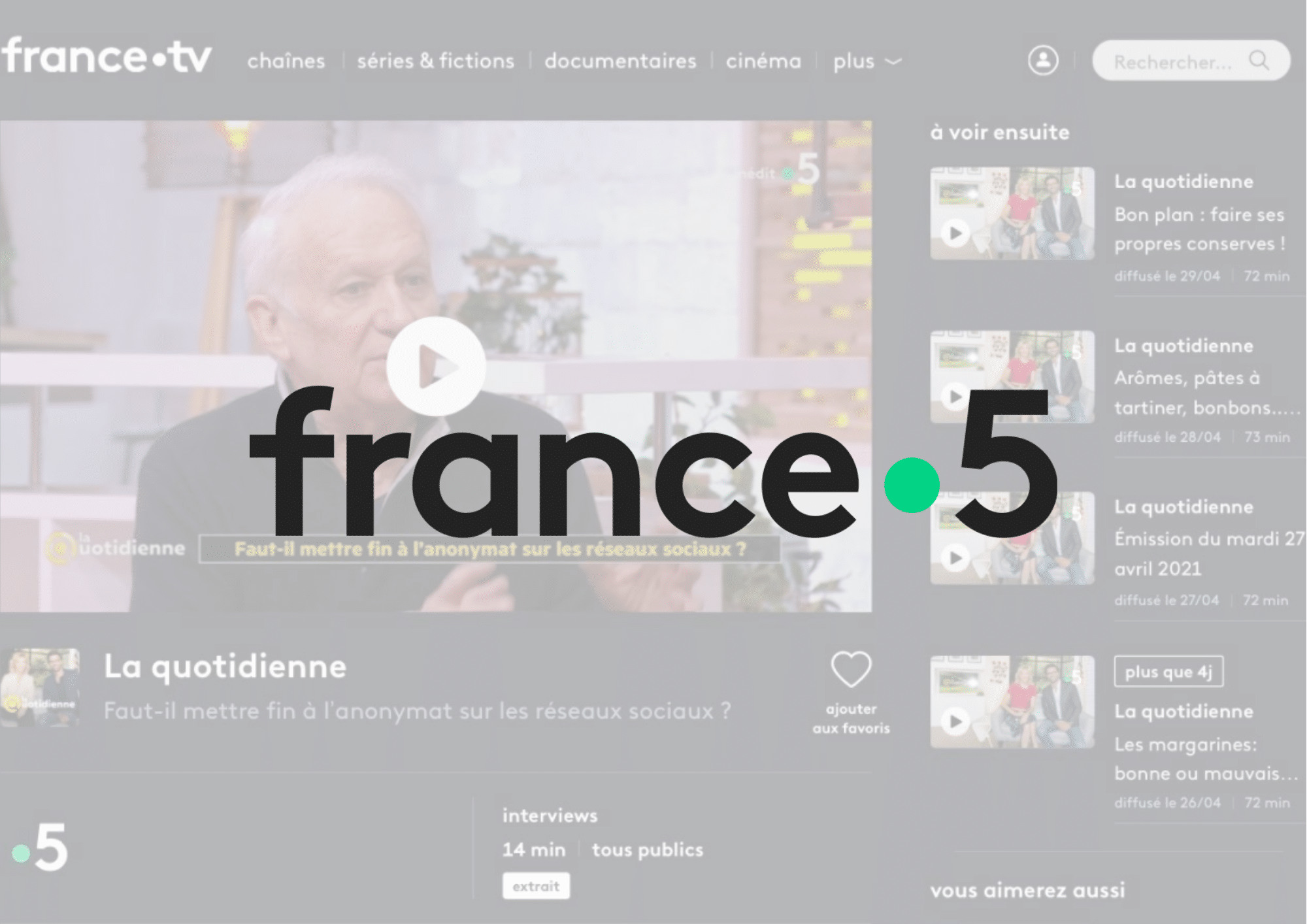
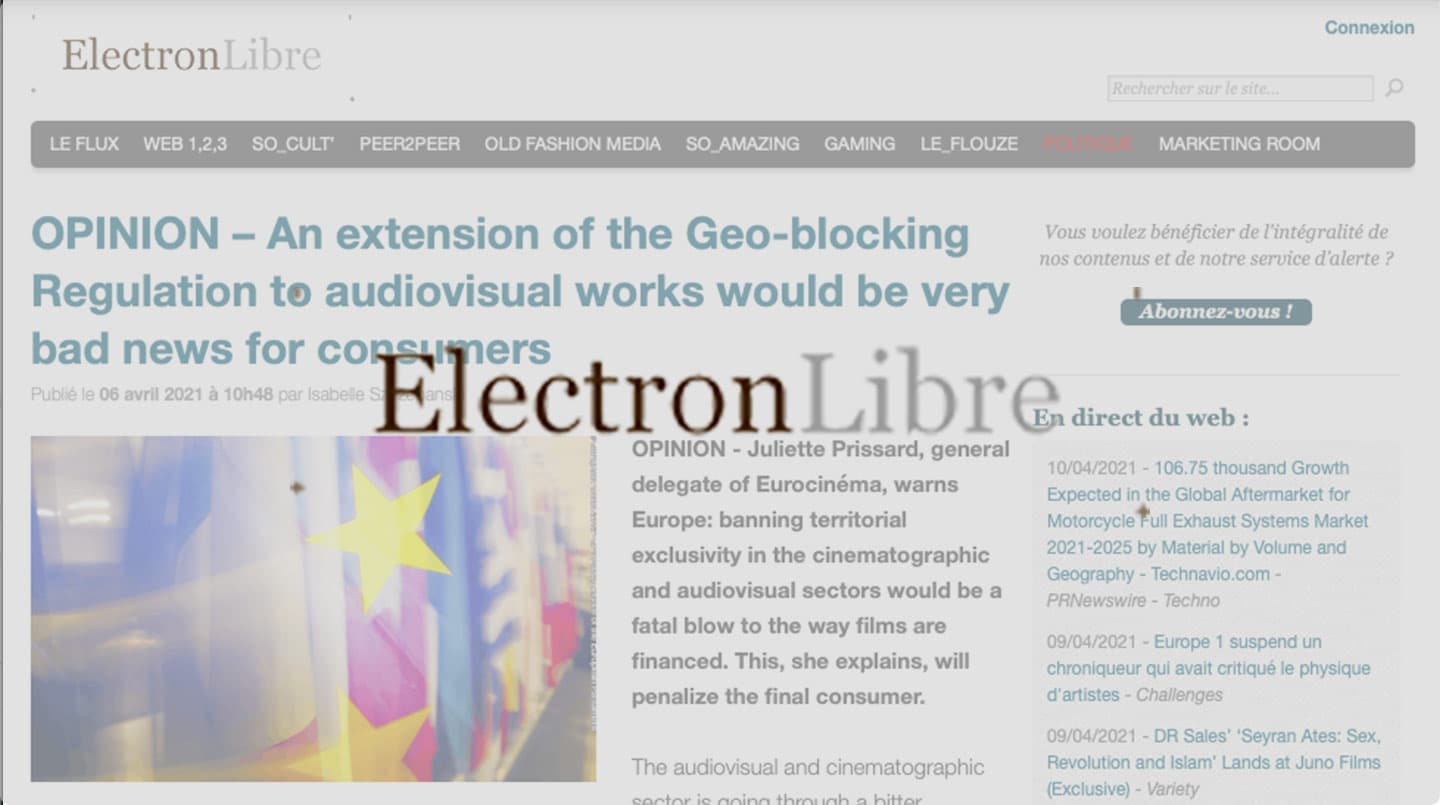
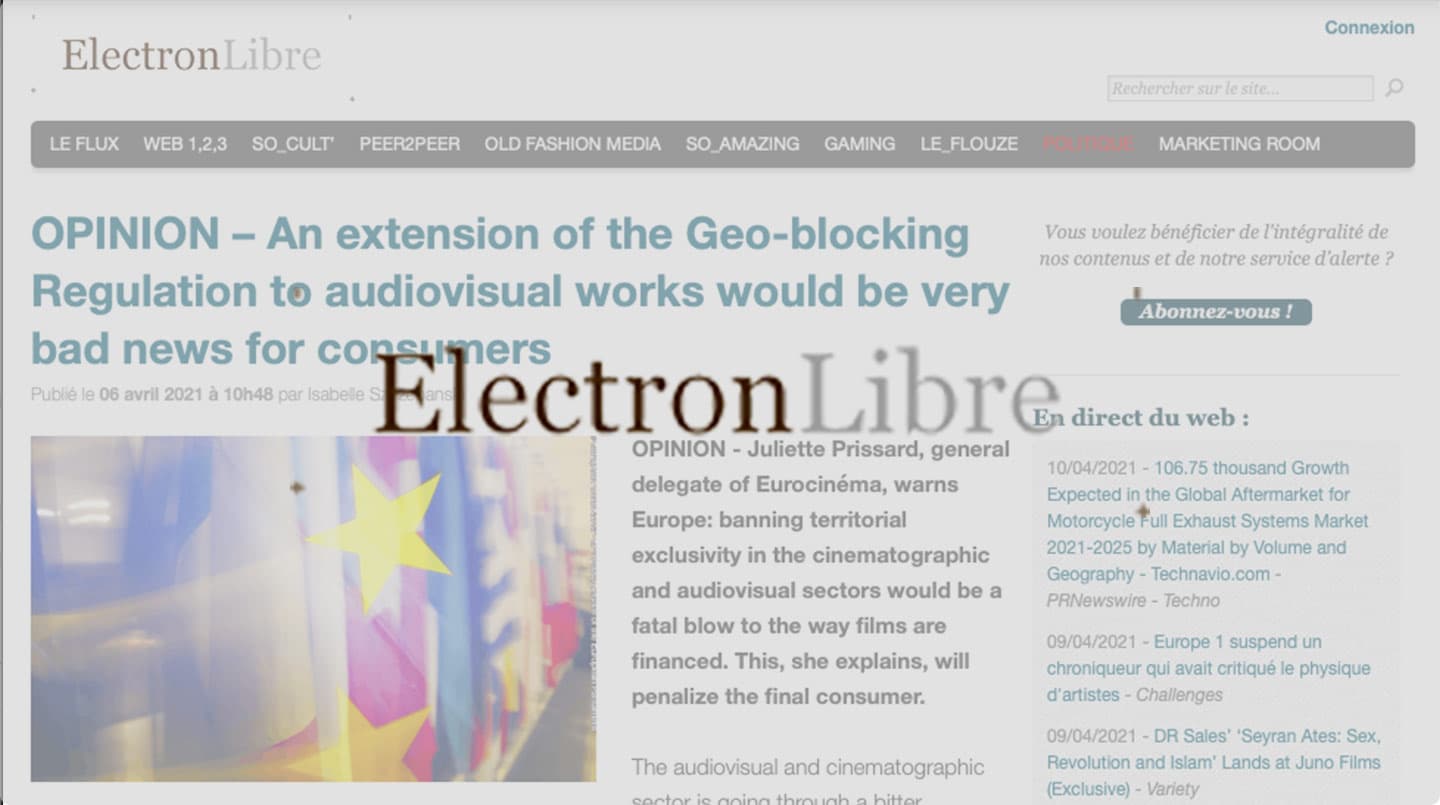

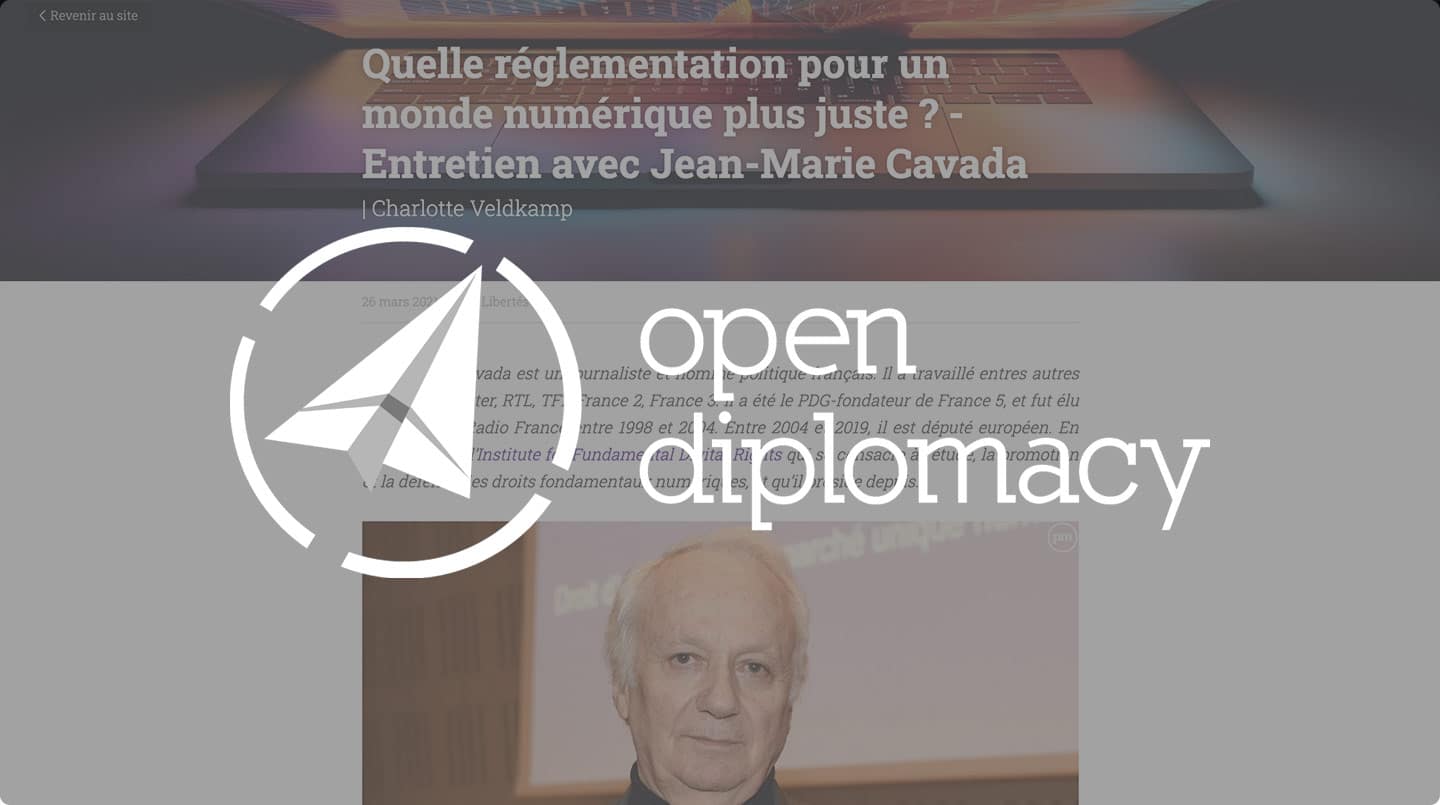

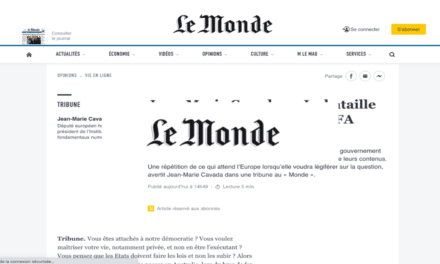

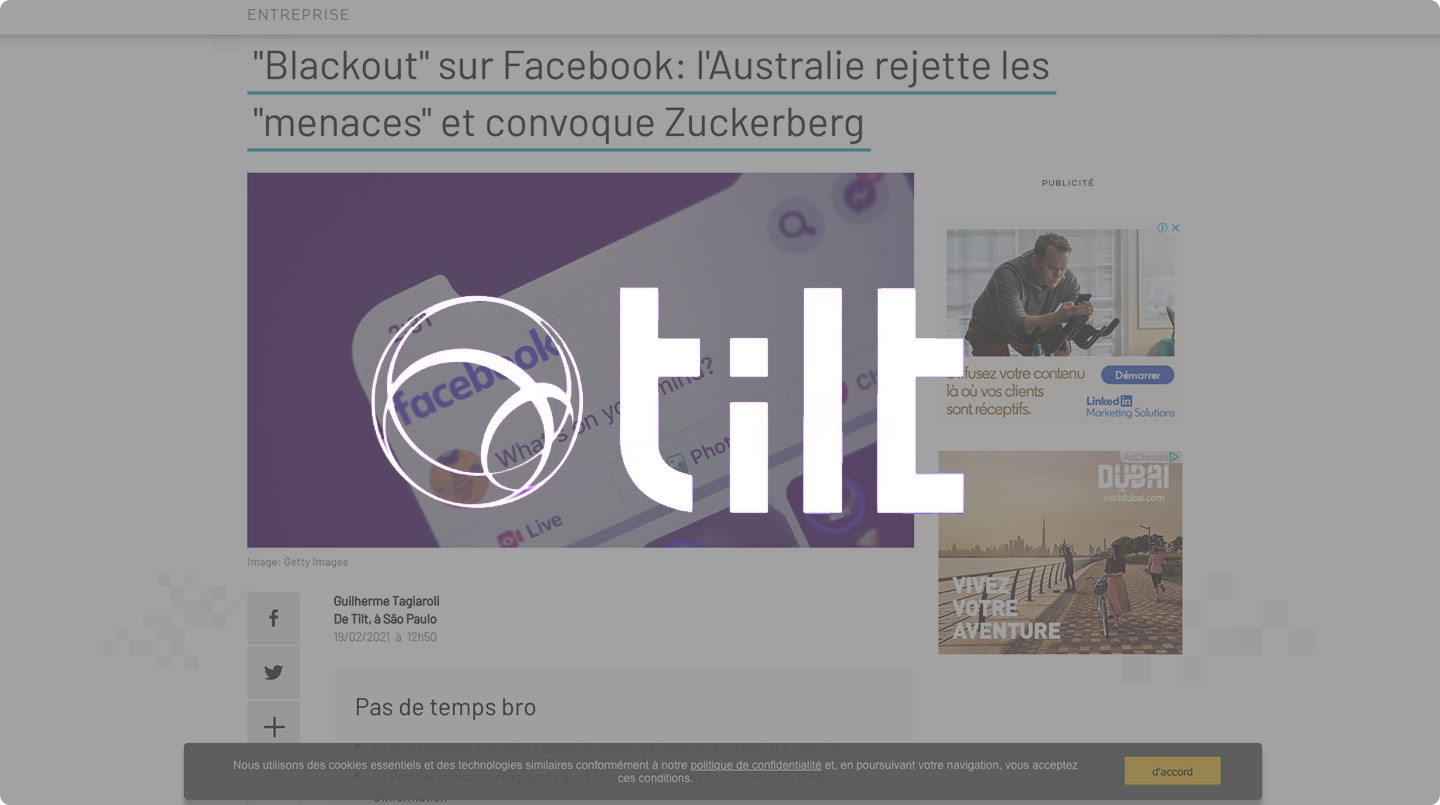

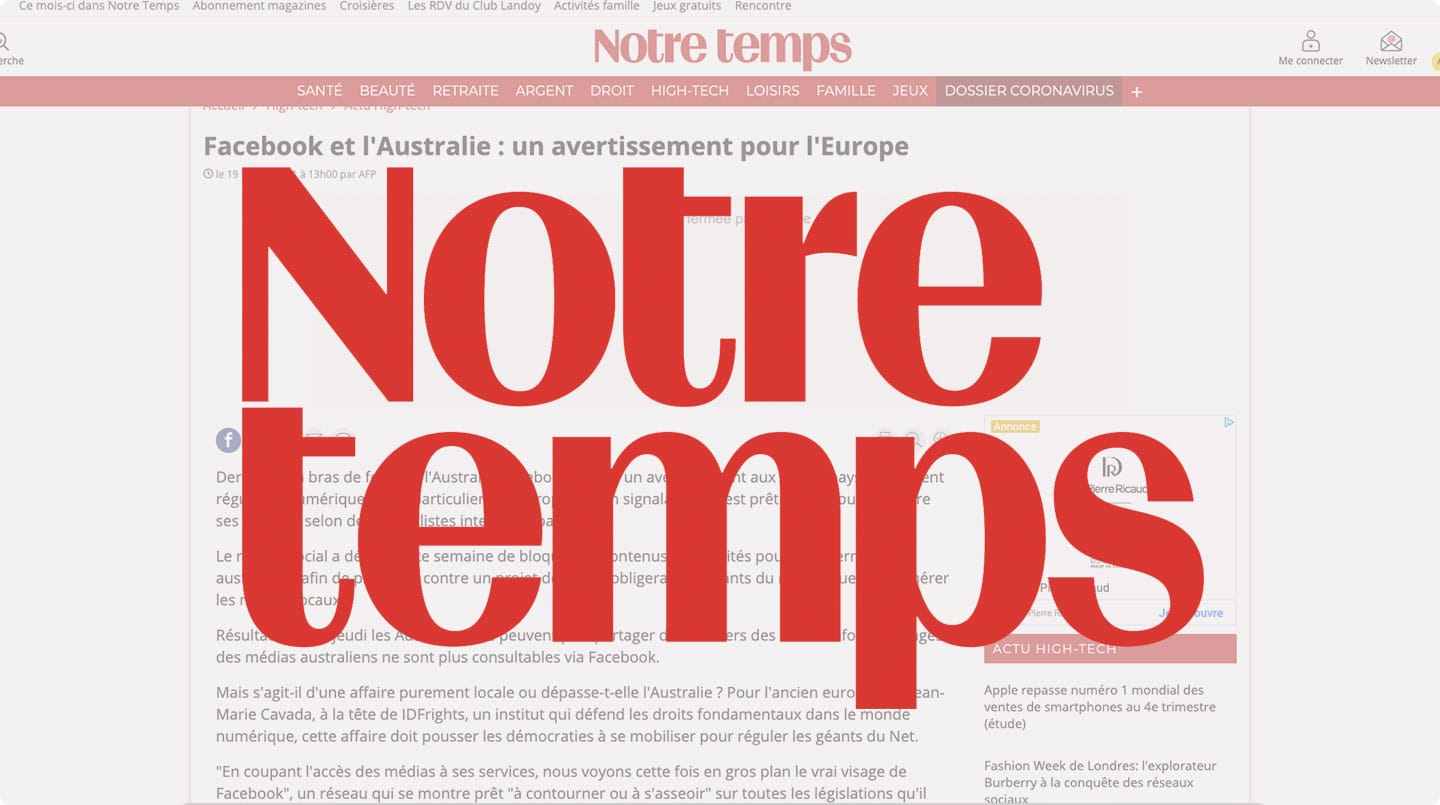
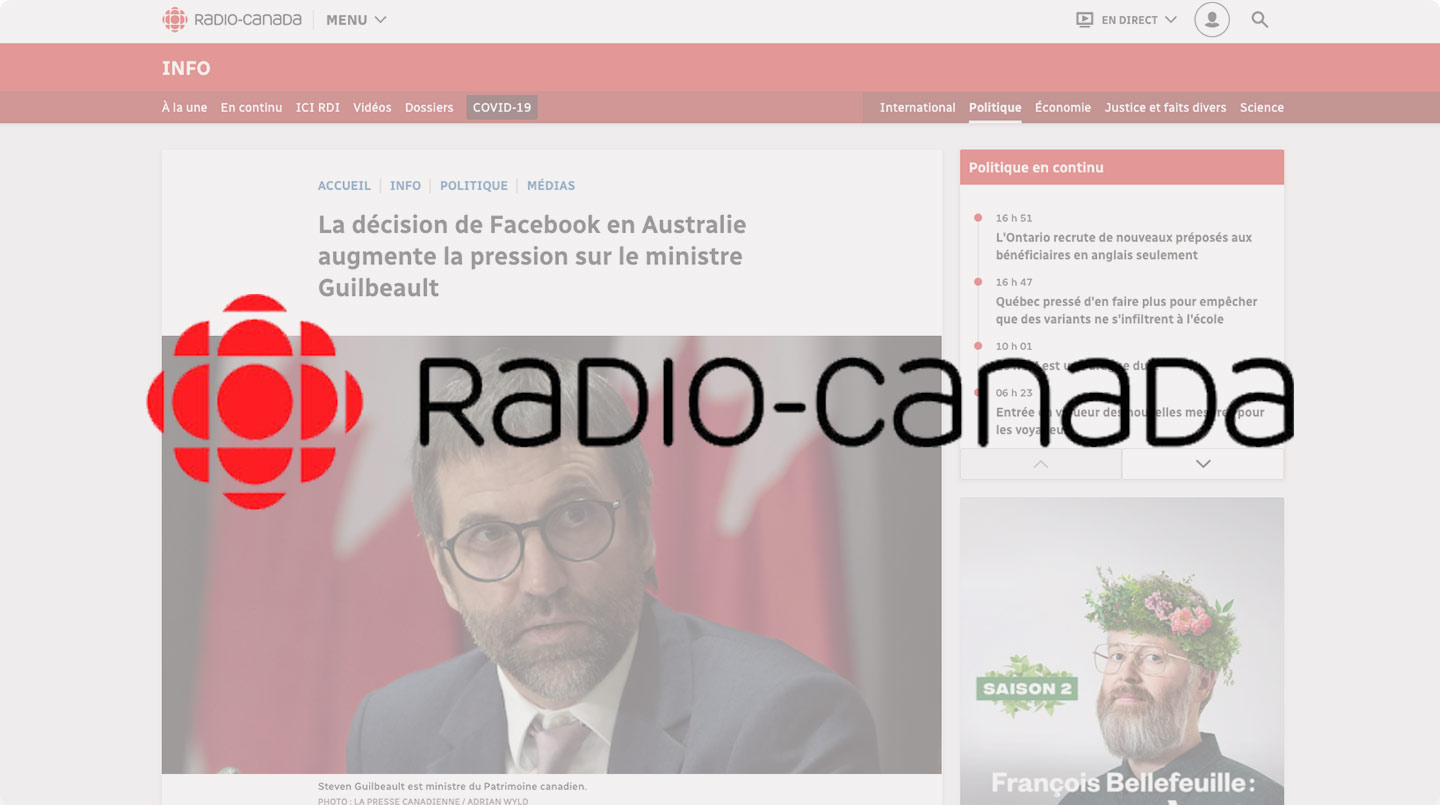
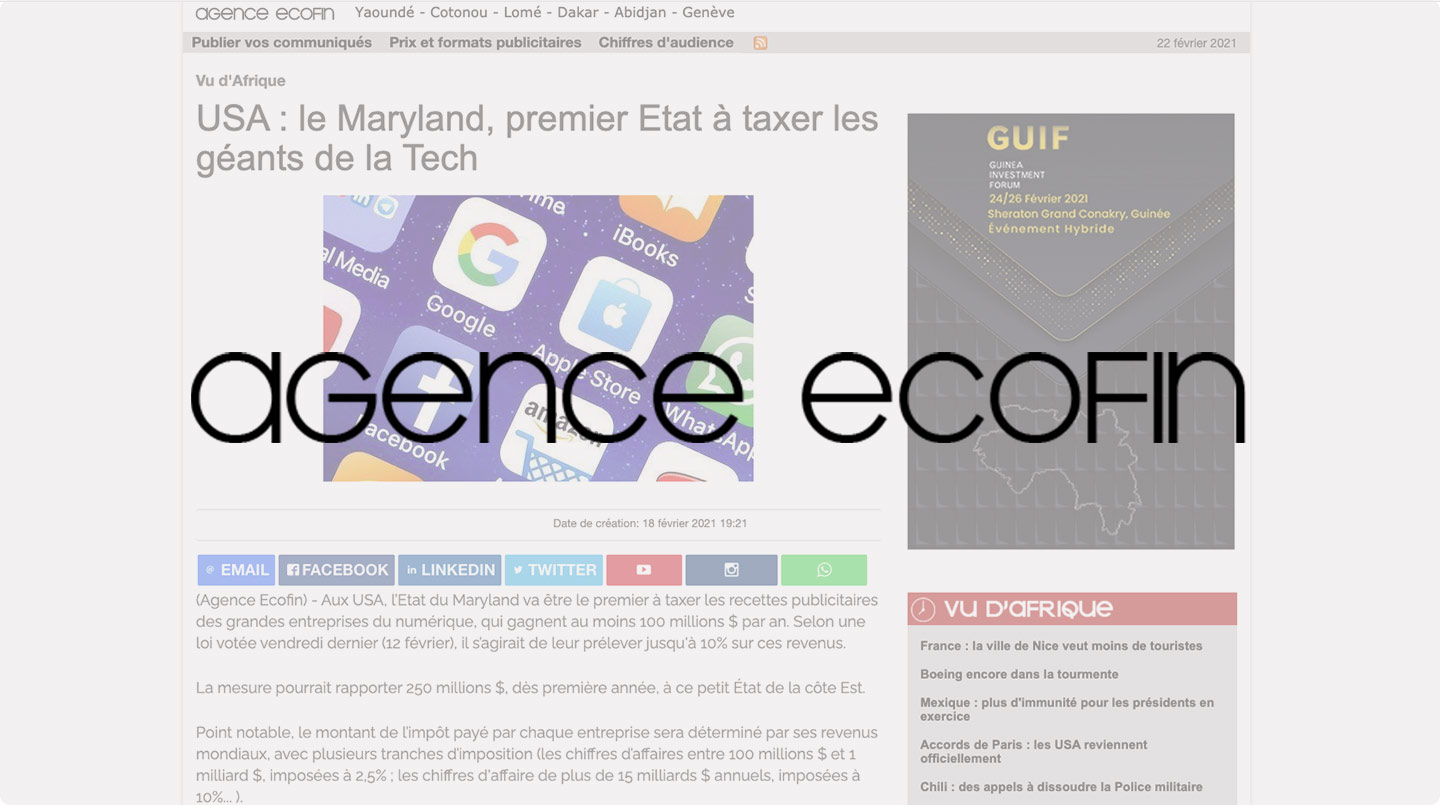


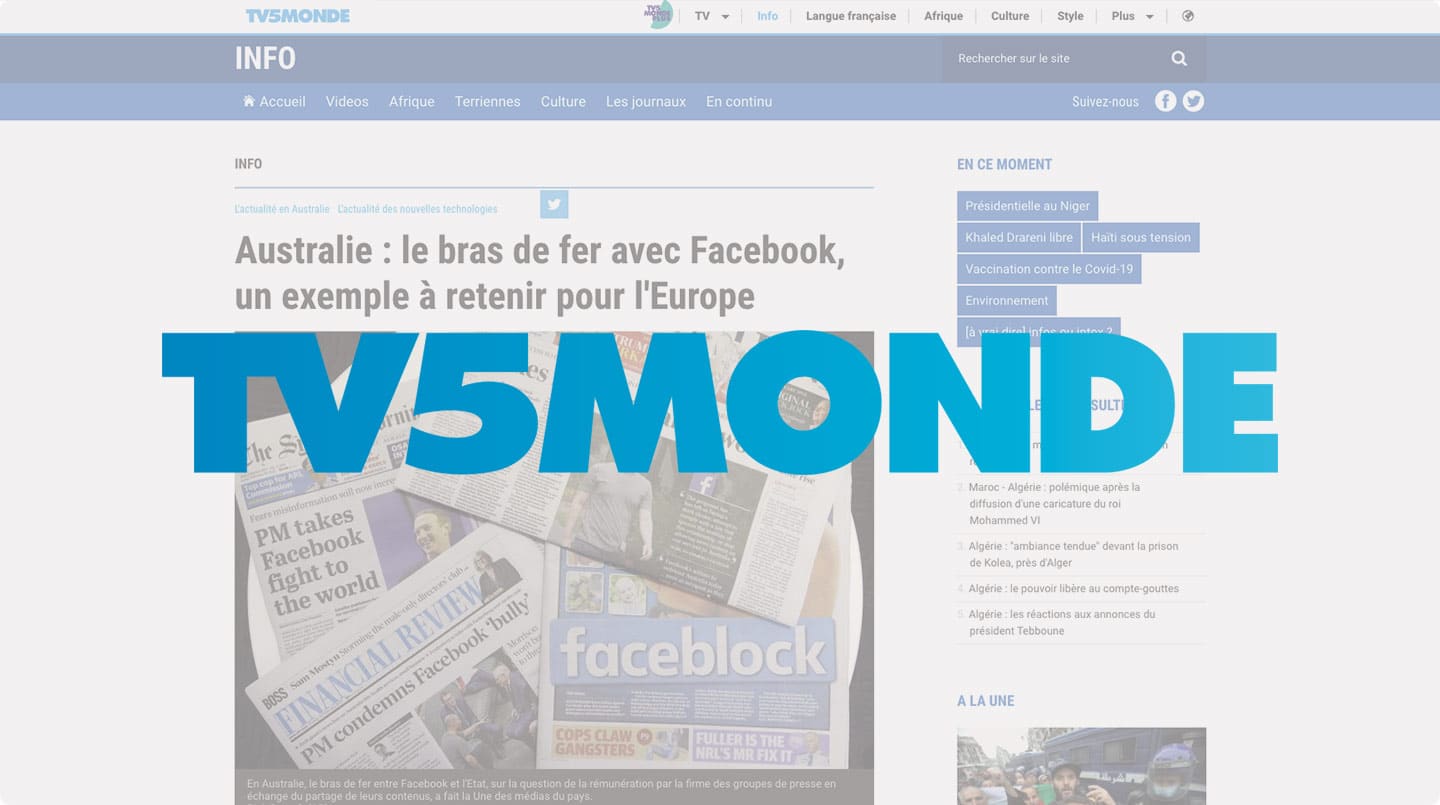
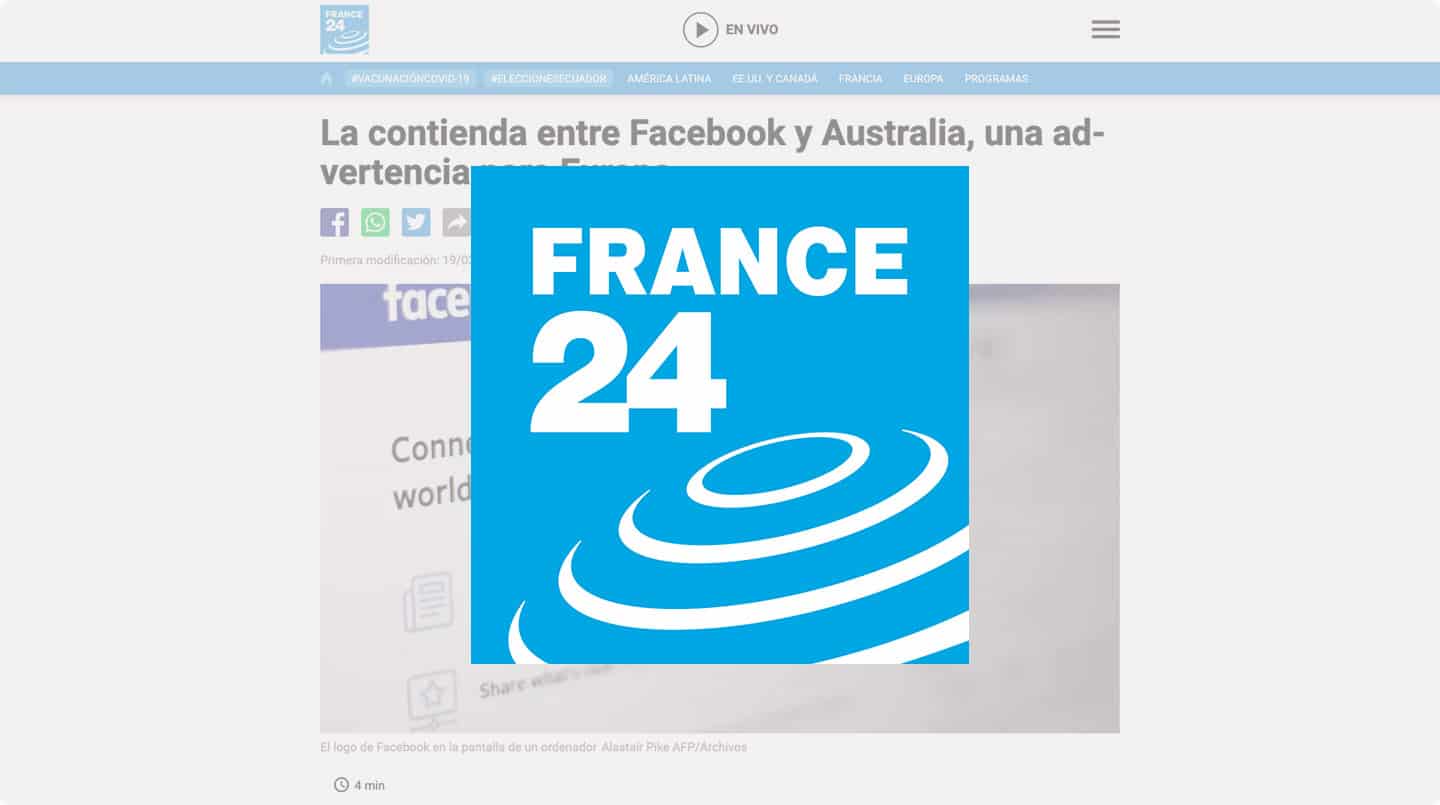



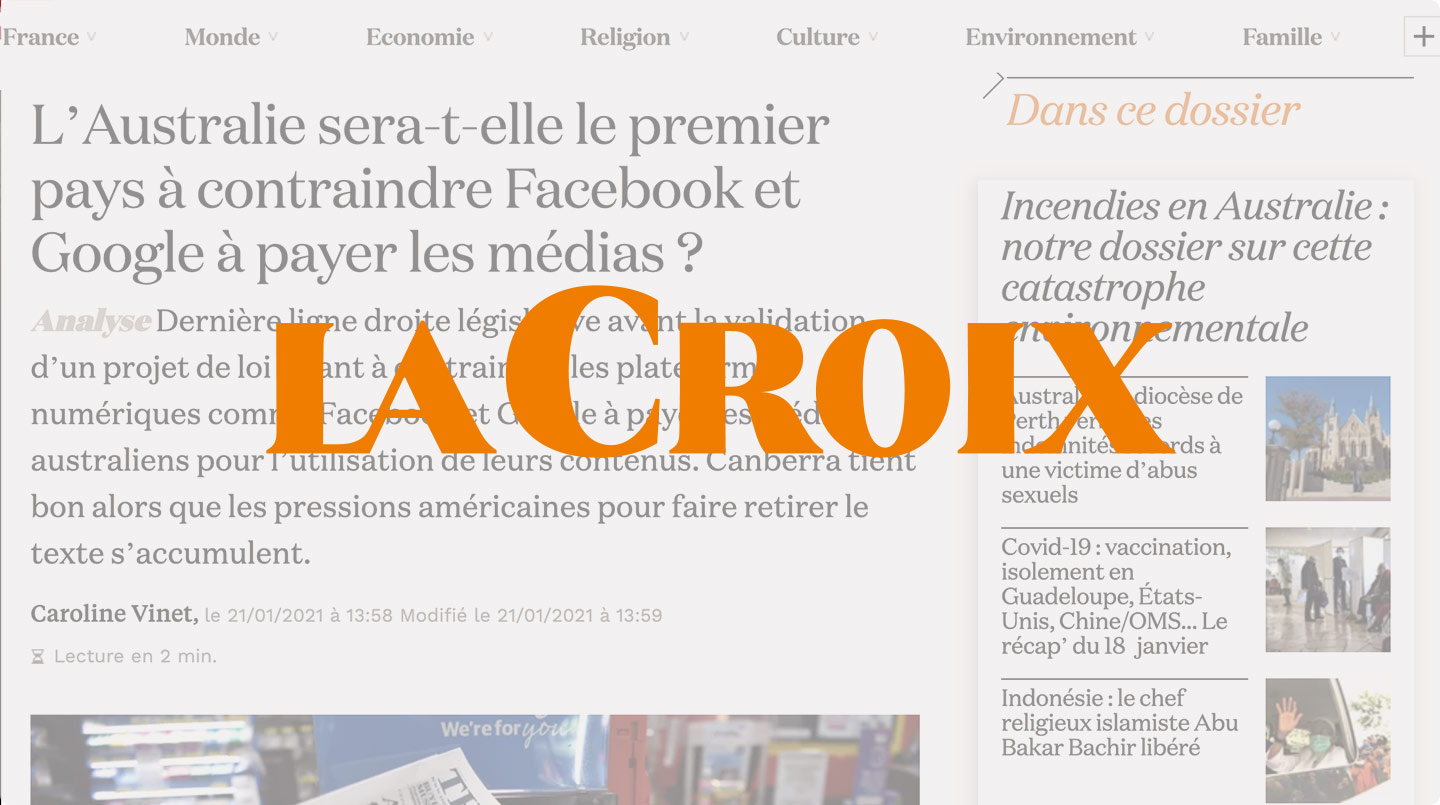


Pitié pour les Droits de l’Homme !

Joe Biden, l’ami de la BigTech
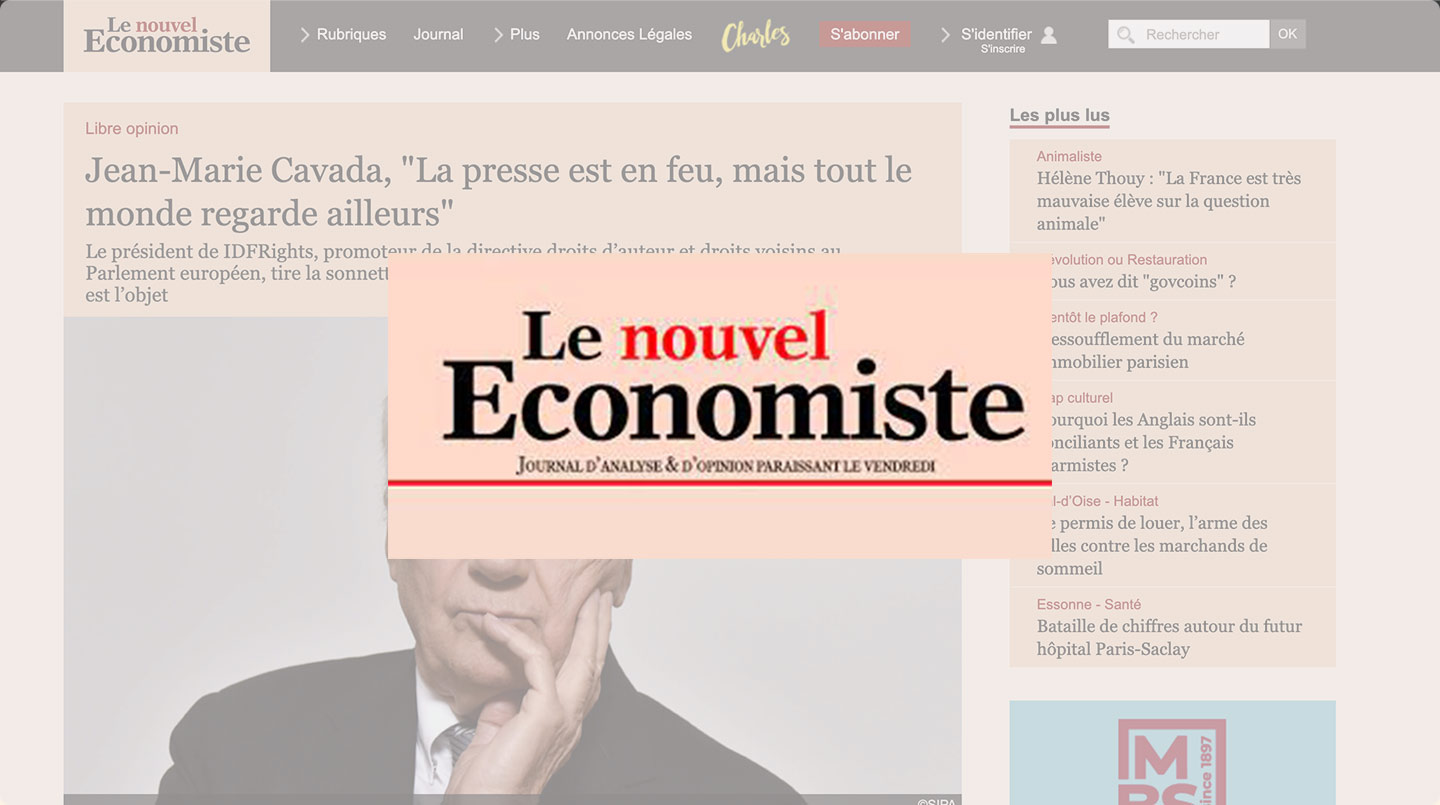
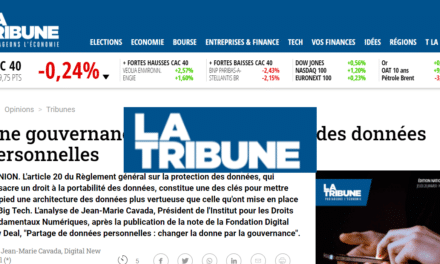




Netflix : un défi à relever pour l’Europe

Une Europe sans véto face aux prédateurs numériques




Covid-19 et usages du numérique en Afrique
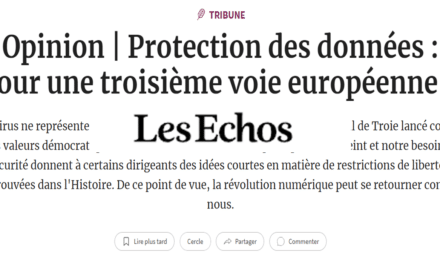
Numérique : l’Afrique veut donner de la voix


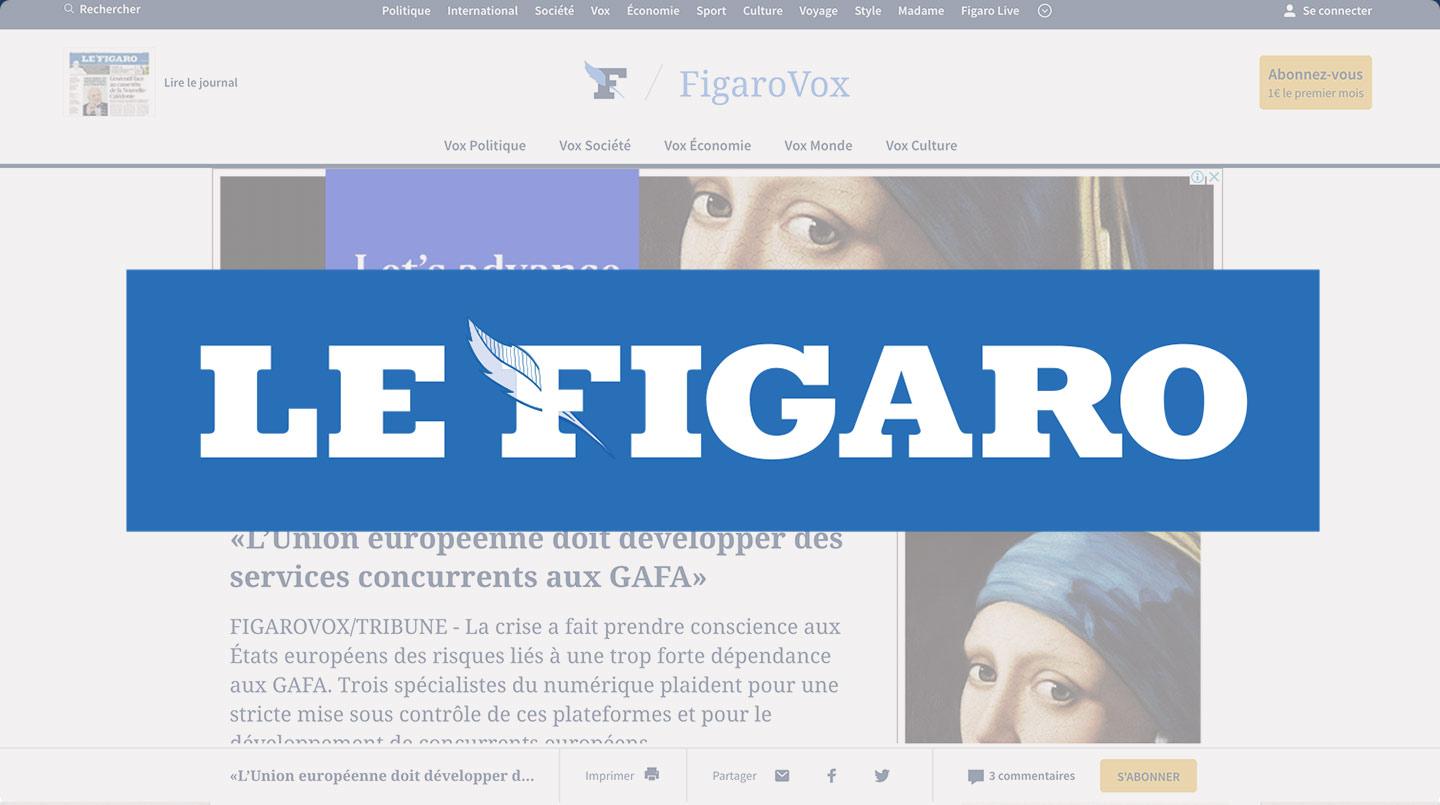

Numérique : séparer les pouvoirs.

STOP COVID : l’avenir d’internet est entre vos mains


institute for Digital Fundamental Rights
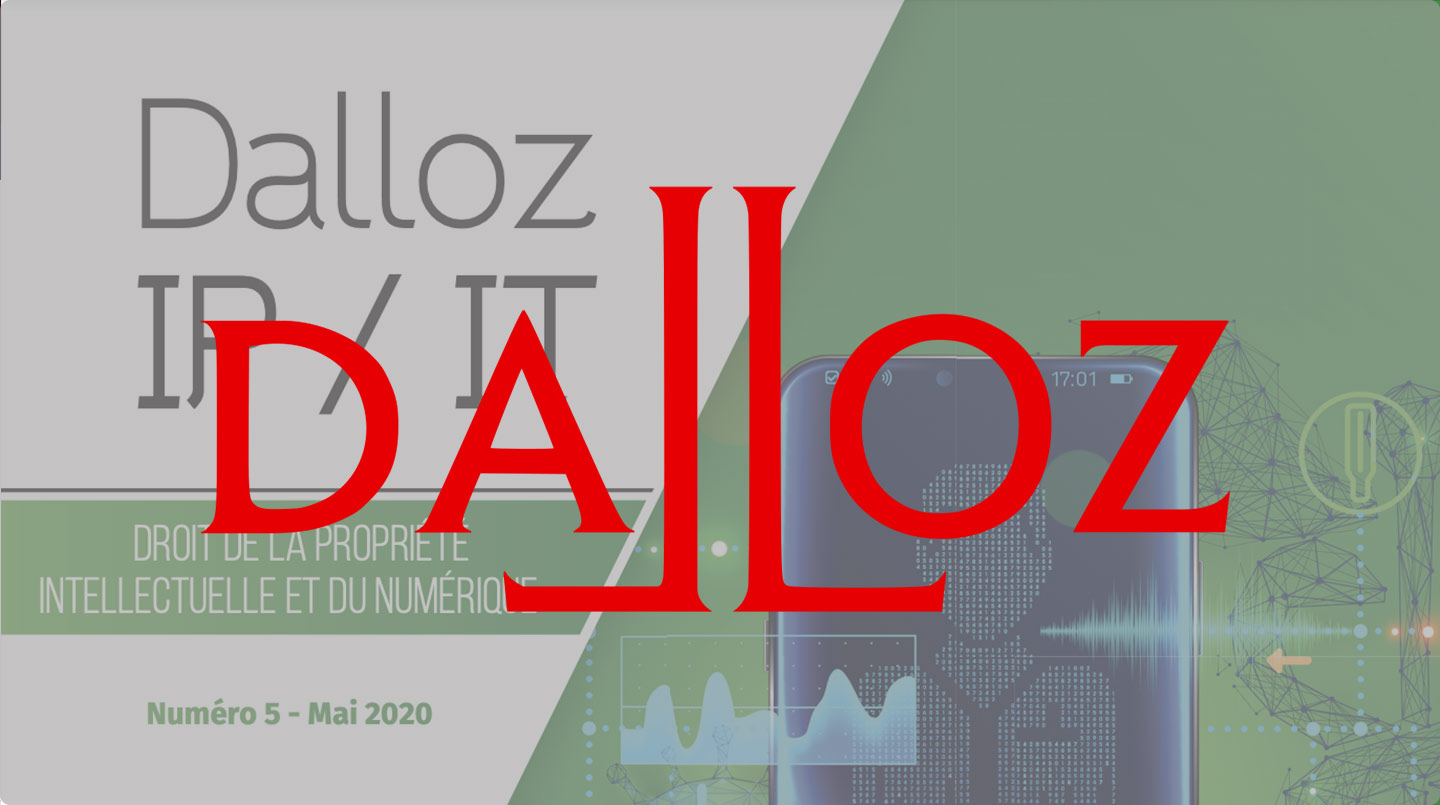
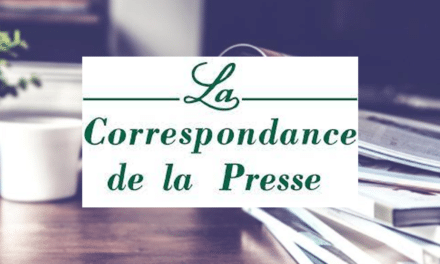

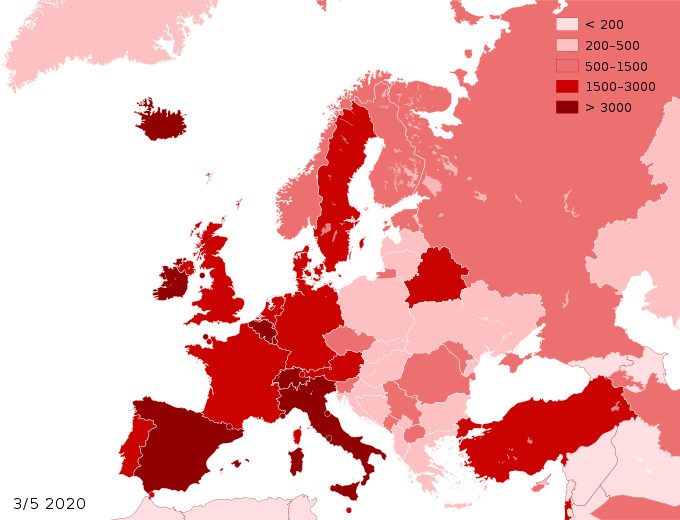
La protection des données et la crise sanitaire
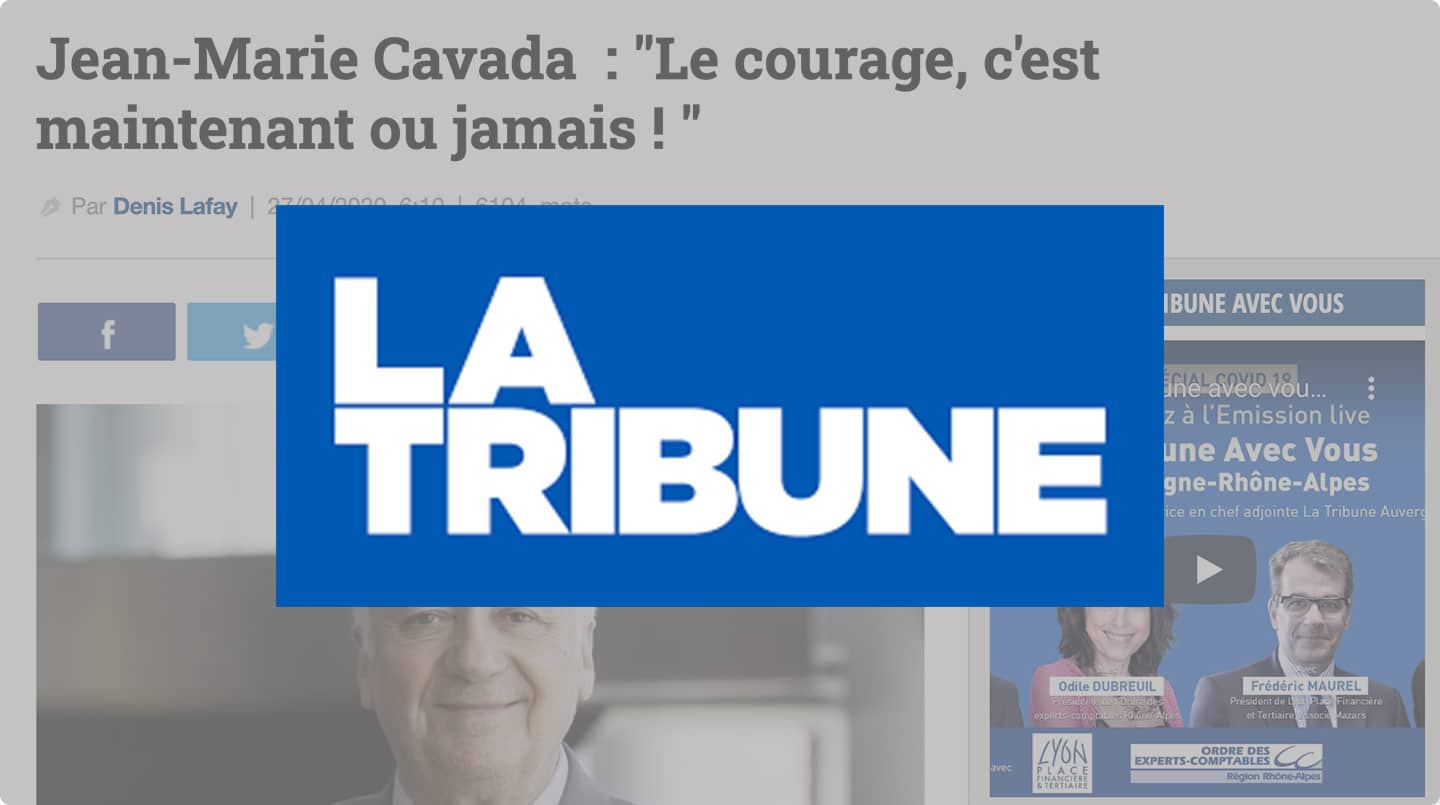
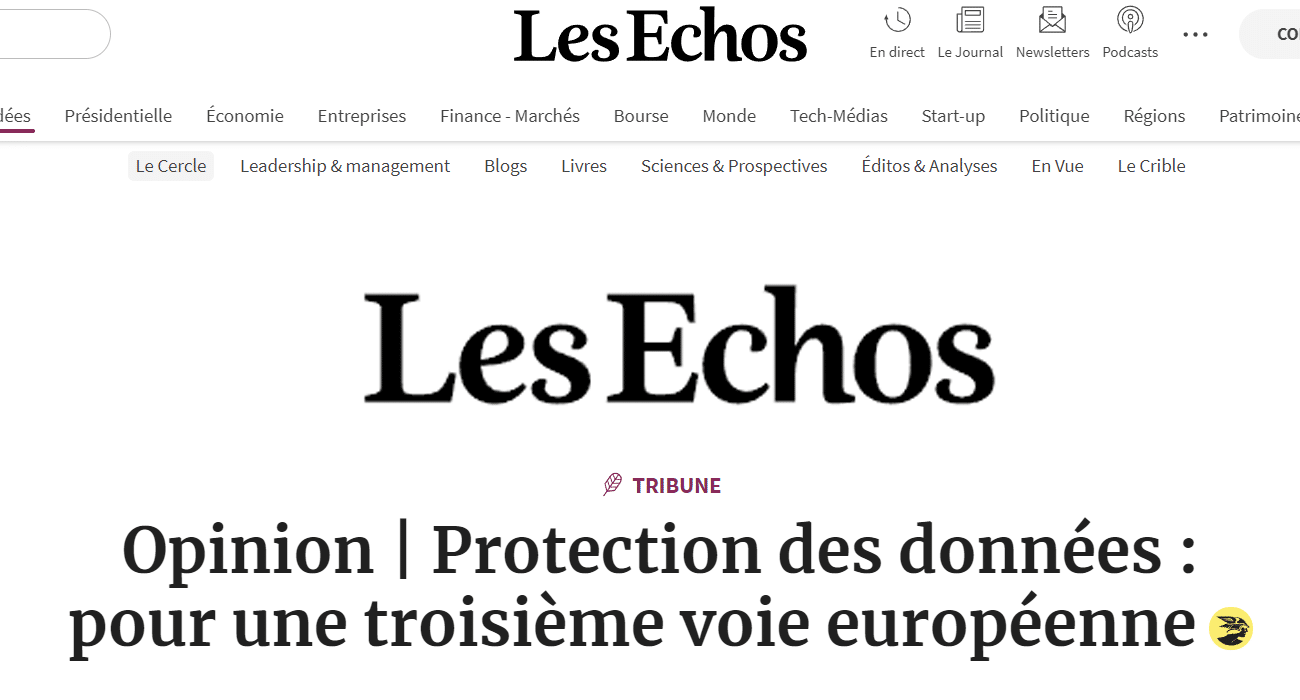

Tribune dans Les Echos
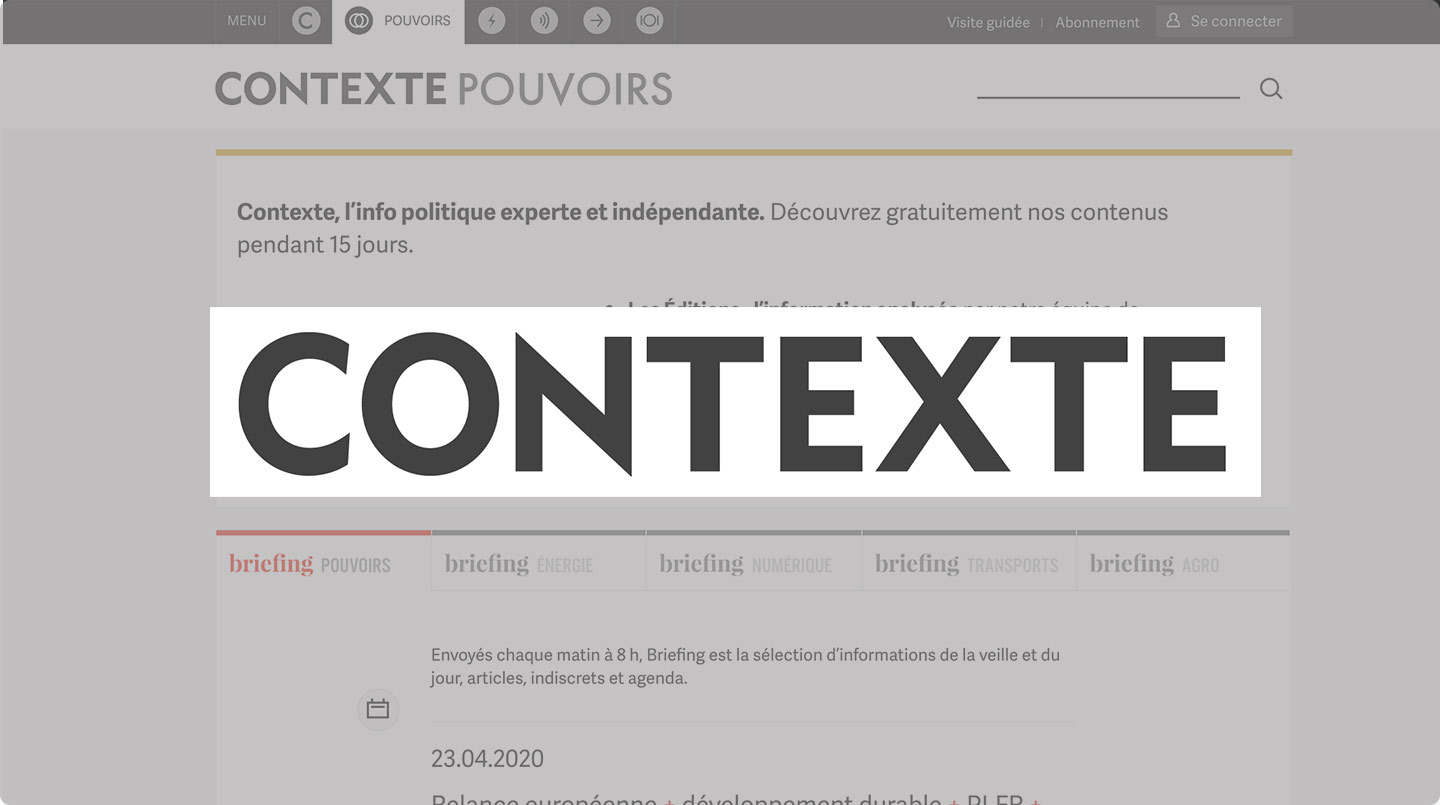

Newsletter de Contexte

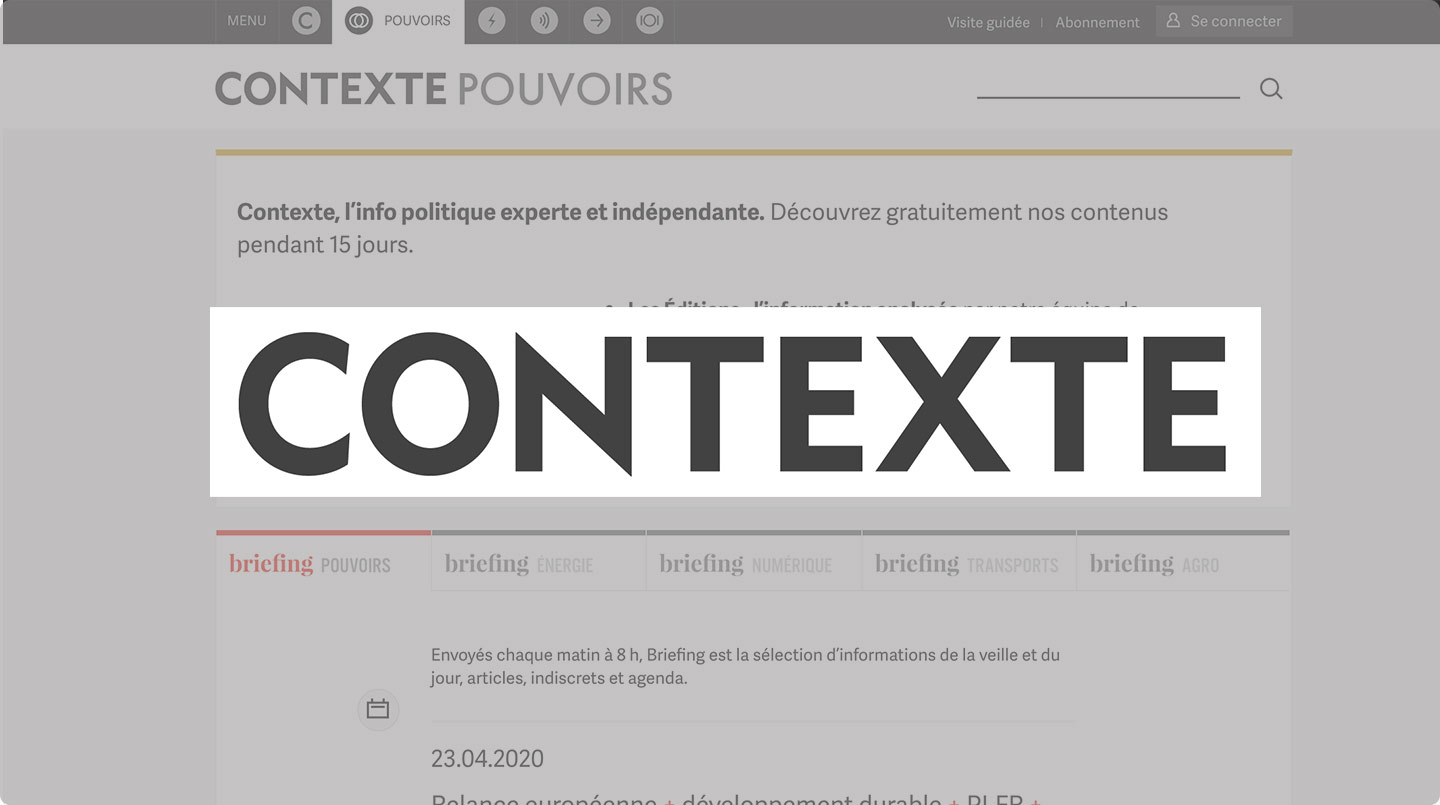
Article de ElectronLibre


Article de European Scientists
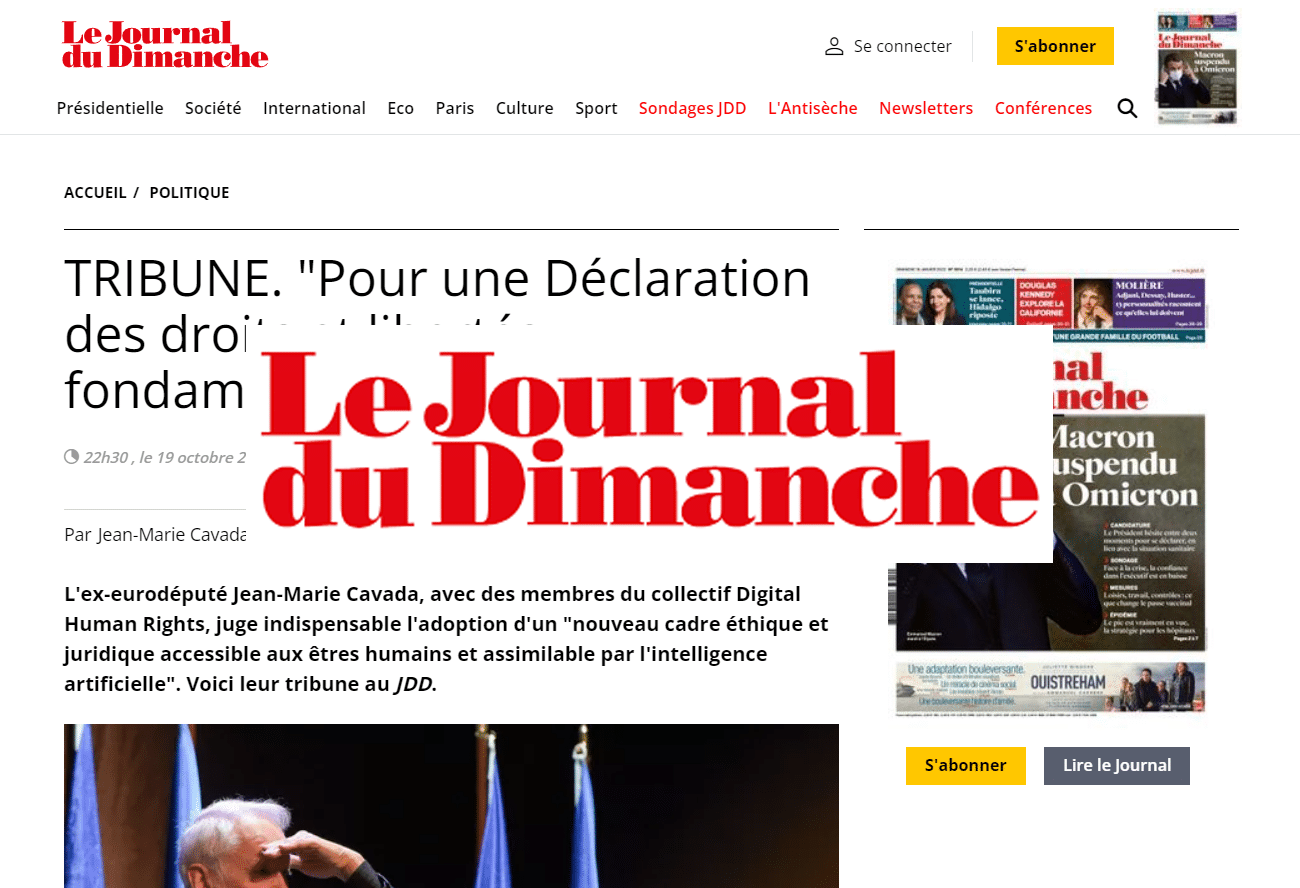
Tribune dans le JDD
